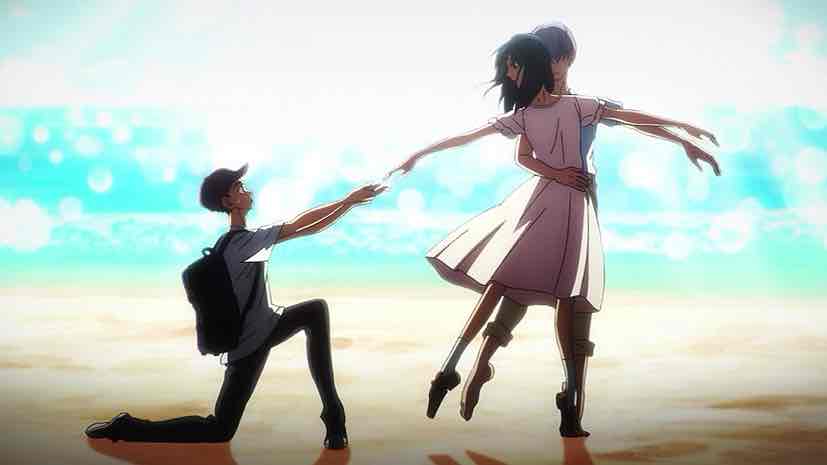 I’ll say it right up front, I’ve rarely been this conflicted about an anime ending. It’s important to acknowledge that only a series that’s really good can make us care enough to be as pissed off as I am right now. Normally when my thoughts are as much a jumble after a finale as they are now, I take a step back and give myself time to digest before I start writing. But for whatever reason my inclination here is to just bulldozer straight ahead and basically free-associate my way through it. So apologies in advance if it comes off a little disjointed.
I’ll say it right up front, I’ve rarely been this conflicted about an anime ending. It’s important to acknowledge that only a series that’s really good can make us care enough to be as pissed off as I am right now. Normally when my thoughts are as much a jumble after a finale as they are now, I take a step back and give myself time to digest before I start writing. But for whatever reason my inclination here is to just bulldozer straight ahead and basically free-associate my way through it. So apologies in advance if it comes off a little disjointed.
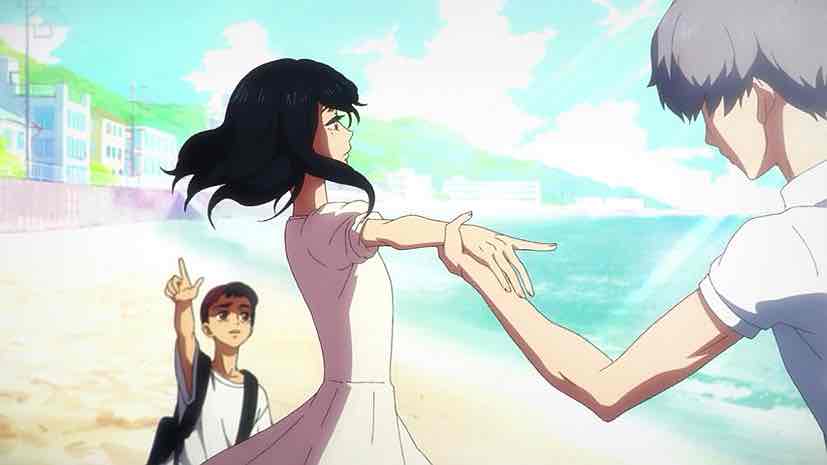 The reason I feel like doing that, I think, is because I sense that pondering all this isn’t going to help. The parts I hated I hated, the parts I loved I loved, and they’re never going to be easy to reconcile. So I’ll start the free-association by saying that I liked the B-Part much, much better than the A-Part. Which I pretty much hated, despite being utterly captivated by the dance sequence. The problem is that the whole resolution of the Goudai storyline was a debacle as far as I’m concerned, and it poisoned everything it touched. And I’m left to ask that most troubling question – does the mangaka have any idea how fucked up that was?
The reason I feel like doing that, I think, is because I sense that pondering all this isn’t going to help. The parts I hated I hated, the parts I loved I loved, and they’re never going to be easy to reconcile. So I’ll start the free-association by saying that I liked the B-Part much, much better than the A-Part. Which I pretty much hated, despite being utterly captivated by the dance sequence. The problem is that the whole resolution of the Goudai storyline was a debacle as far as I’m concerned, and it poisoned everything it touched. And I’m left to ask that most troubling question – does the mangaka have any idea how fucked up that was?
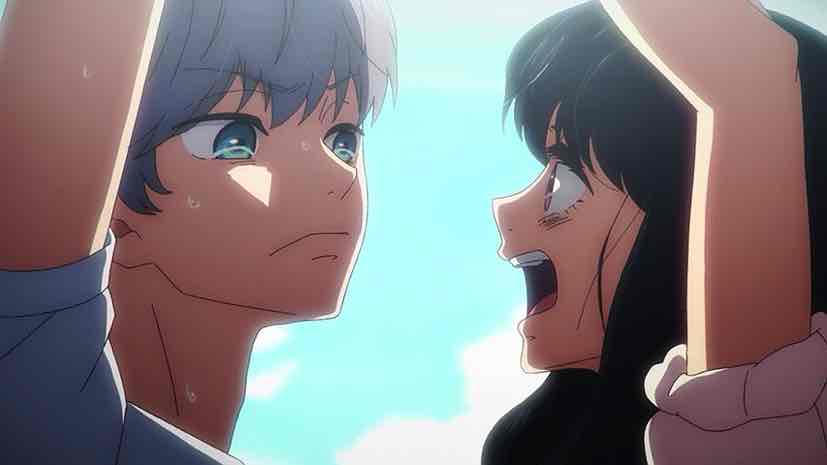 I’ve danced around the fact (no pun intended) that Miyako and Luou are cousins because, frankly, there were so many other reasons to be creeped out. And because I was hoping the narrative would come to its senses. But it didn’t, so I have to assume George Asakura thinks all this is dandy. I haven’t read any of her other works so I have no idea if this kind of endorsed dysfunction fits her normal pattern. But I know this – everything about that family story is a disaster. I feel a lot of sympathy for everyone ensnared in the web that vile old woman spun for them, believe me. But I’m sorry, this is not the right way to break the cycle.
I’ve danced around the fact (no pun intended) that Miyako and Luou are cousins because, frankly, there were so many other reasons to be creeped out. And because I was hoping the narrative would come to its senses. But it didn’t, so I have to assume George Asakura thinks all this is dandy. I haven’t read any of her other works so I have no idea if this kind of endorsed dysfunction fits her normal pattern. But I know this – everything about that family story is a disaster. I feel a lot of sympathy for everyone ensnared in the web that vile old woman spun for them, believe me. But I’m sorry, this is not the right way to break the cycle.
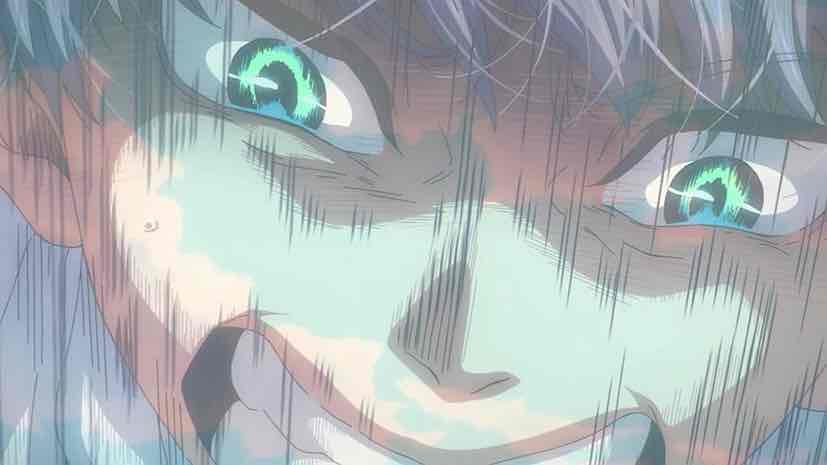 The person I most feel sorry for here is Miyako, because she deserves to have her own life. She may not be exceptional as a dancer – her mother has done a great job convincing her of that – but she should have a better life than being her cousin’s catcher in the rye. Poor Luou is seriously, seriously messed up – and he has good reason to be. But he needs professional help, not a co-dependent relationship with a cousin who’s basically now his captive. The heat of the moment may have convinced her that this was the right thing to do, but in the real world this is a moment she’ll look back on with unmitigated regret.
The person I most feel sorry for here is Miyako, because she deserves to have her own life. She may not be exceptional as a dancer – her mother has done a great job convincing her of that – but she should have a better life than being her cousin’s catcher in the rye. Poor Luou is seriously, seriously messed up – and he has good reason to be. But he needs professional help, not a co-dependent relationship with a cousin who’s basically now his captive. The heat of the moment may have convinced her that this was the right thing to do, but in the real world this is a moment she’ll look back on with unmitigated regret.
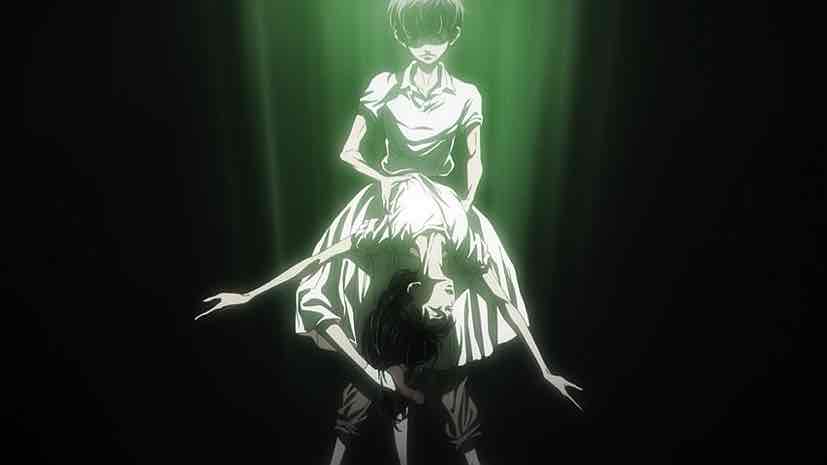 The cherry on top here was Chizuru basically telling Junpei “Thank you for everything, now fuck off”. “This is a family matter” – seriously, that’s what the first 10 episodes added up to? I feel betrayed and so should Junpei, but in the final analysis if these people are as Asakura has molded them, it’s probably best for him to get as far away from them as possible. Which is a problem in itself, because he still goes to school with two of them (assuming Luou doesn’t bail again). It really galls me to hate all this as much as I did, because that beach performance was phenomenal. Not just beautifully choreographed and animated, but raw and visceral and powerful.
The cherry on top here was Chizuru basically telling Junpei “Thank you for everything, now fuck off”. “This is a family matter” – seriously, that’s what the first 10 episodes added up to? I feel betrayed and so should Junpei, but in the final analysis if these people are as Asakura has molded them, it’s probably best for him to get as far away from them as possible. Which is a problem in itself, because he still goes to school with two of them (assuming Luou doesn’t bail again). It really galls me to hate all this as much as I did, because that beach performance was phenomenal. Not just beautifully choreographed and animated, but raw and visceral and powerful.
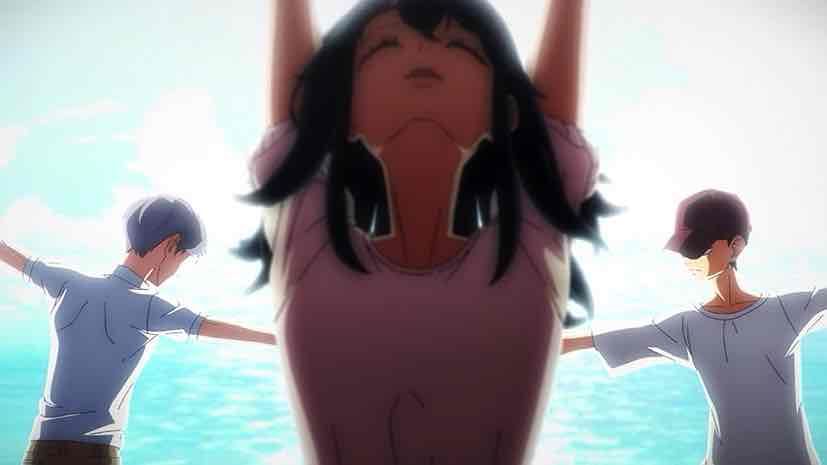 The silk purse from all that was the way it was used in Junpei’s part of the episode. As I said it was better, far better – though there were still some pretty grating moments there. I said as far back as Episode 9 that it might be best for Junpei to take the scholarship and go to the Oikawa, but the way it played out left a bitter taste in my mouth. But if you’e asking me whose story I’d rather follow either in the manga or if the anime got a second season (it almost certainly won’t), I’d take Junpei over the Goudai debacle any day of the week. He’s a breath of fresh air in every sense of the word compared to what came before.
The silk purse from all that was the way it was used in Junpei’s part of the episode. As I said it was better, far better – though there were still some pretty grating moments there. I said as far back as Episode 9 that it might be best for Junpei to take the scholarship and go to the Oikawa, but the way it played out left a bitter taste in my mouth. But if you’e asking me whose story I’d rather follow either in the manga or if the anime got a second season (it almost certainly won’t), I’d take Junpei over the Goudai debacle any day of the week. He’s a breath of fresh air in every sense of the word compared to what came before.
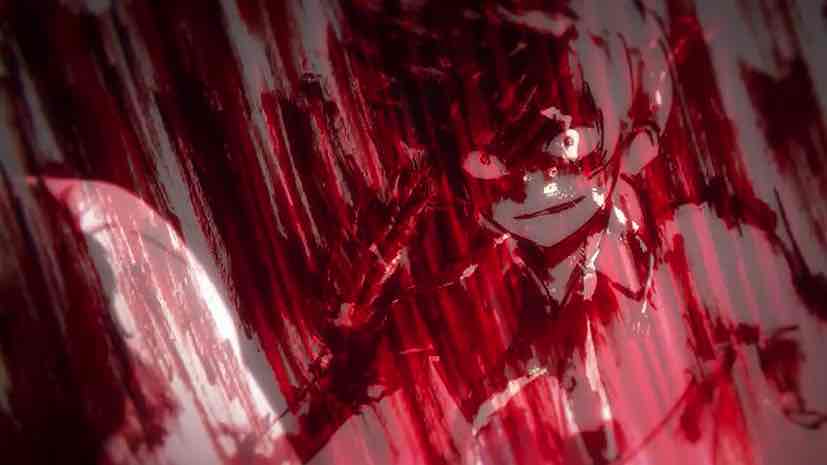 The Oikawa sequence was full of interesting moments. Junpei was himself through and through (in contrast to his surrendering way too easily in the first place, but oh well). He literally drags Ayako back into the studio to watch him perform, even though he’s drenched in sweat and already exhausted. Natsuki offers him a towel (Chekov’s towel) to at least wipe the floor but he just starts dancing. Tsumamura-san (I loved how she was gazing out the window, hoping Junpei would show up) starts playing, and the magic begins to unspool all over again.
The Oikawa sequence was full of interesting moments. Junpei was himself through and through (in contrast to his surrendering way too easily in the first place, but oh well). He literally drags Ayako back into the studio to watch him perform, even though he’s drenched in sweat and already exhausted. Natsuki offers him a towel (Chekov’s towel) to at least wipe the floor but he just starts dancing. Tsumamura-san (I loved how she was gazing out the window, hoping Junpei would show up) starts playing, and the magic begins to unspool all over again.
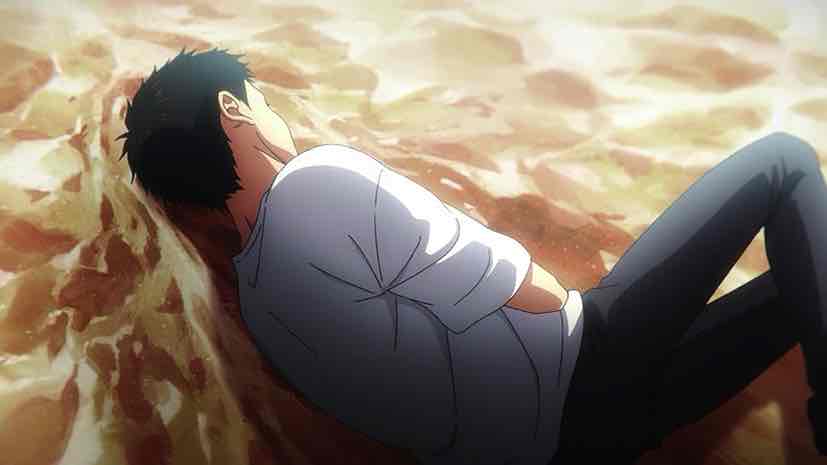 The reality of Junpei is that his greatest asset is his charisma (Nakamura-sensei is certainly a believer). He’s both a natural athlete and a natural actor – a boy who loves both the movies and dancing – and it’s a powerful combination. It allows him to be utterly commanding even if his technique is sloppy (as Nakamura says, the movements aren’t second-nature yet). Not only does he feel the emotion of the character and the moment, it would be fair to say it’s impossible for him to dance without feeling it. As Kotobuki-kun says Junpei has that which cannot be gained through hard work – and for someone who only has hard work, that’s incredibly unfair. But the thing is, Junpei is also an incredibly hard worker – he just doesn’t have the reps the other boys have.
The reality of Junpei is that his greatest asset is his charisma (Nakamura-sensei is certainly a believer). He’s both a natural athlete and a natural actor – a boy who loves both the movies and dancing – and it’s a powerful combination. It allows him to be utterly commanding even if his technique is sloppy (as Nakamura says, the movements aren’t second-nature yet). Not only does he feel the emotion of the character and the moment, it would be fair to say it’s impossible for him to dance without feeling it. As Kotobuki-kun says Junpei has that which cannot be gained through hard work – and for someone who only has hard work, that’s incredibly unfair. But the thing is, Junpei is also an incredibly hard worker – he just doesn’t have the reps the other boys have.
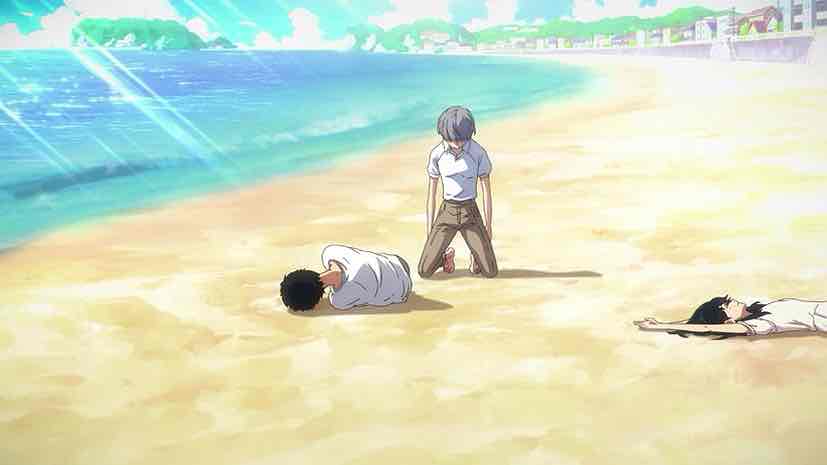 The best and most poetic part of this finale for me was the way Junpei incorporated his pain over what happened on the beach into his Siegfried. He ends up (after slipping) going into an improvised choreography, which is an astounding feat of talent to begin with. But he has to, because he’s simply too big for the script – it can’t contain all the emotion he brings to the performance. Tsumamura-san (gladly, I’m certain) is caught up in his magnetic field and the audience (including glasses boy, who as it turns out is Ayako’s son and Natsuki’s brother) is utterly enraptured.
The best and most poetic part of this finale for me was the way Junpei incorporated his pain over what happened on the beach into his Siegfried. He ends up (after slipping) going into an improvised choreography, which is an astounding feat of talent to begin with. But he has to, because he’s simply too big for the script – it can’t contain all the emotion he brings to the performance. Tsumamura-san (gladly, I’m certain) is caught up in his magnetic field and the audience (including glasses boy, who as it turns out is Ayako’s son and Natsuki’s brother) is utterly enraptured.
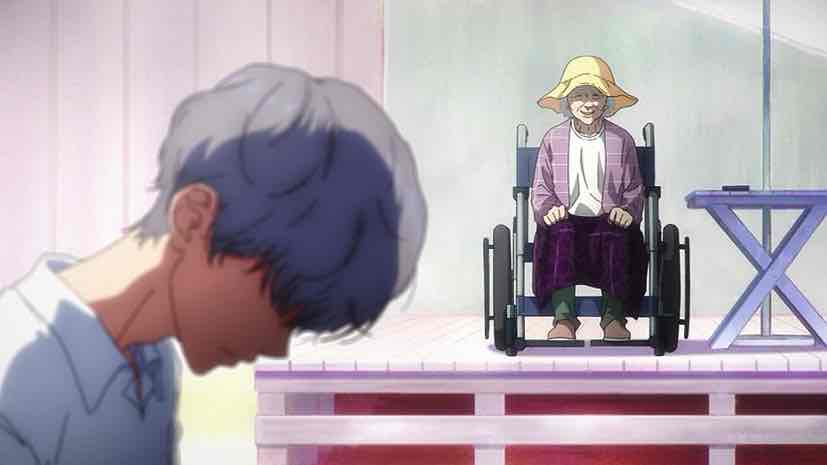 I’m certainly not a Misaki-kun supporter – he’s a self-serving and deceitful fellow – but yeah, I can see where this would be devastating for him. He does things the right way (as he sees it) and this wild boy floats in from the ether and steals his perceived birthright out from under him. But the upside with Junpei – someone with astronomical talent and almost no experience – is something Ayako was never going to be able to say no to. The really interesting question, though, is whether this is the right move for Junpei-kun. To cut all ties with Goudai, okay, sadly enough that seems like his only option. But “the Oikawa way 100%”? He has much to learn from Ayako, that’s for sure. But he’s risking the loss of what makes him such a powerful performer.
I’m certainly not a Misaki-kun supporter – he’s a self-serving and deceitful fellow – but yeah, I can see where this would be devastating for him. He does things the right way (as he sees it) and this wild boy floats in from the ether and steals his perceived birthright out from under him. But the upside with Junpei – someone with astronomical talent and almost no experience – is something Ayako was never going to be able to say no to. The really interesting question, though, is whether this is the right move for Junpei-kun. To cut all ties with Goudai, okay, sadly enough that seems like his only option. But “the Oikawa way 100%”? He has much to learn from Ayako, that’s for sure. But he’s risking the loss of what makes him such a powerful performer.
 That philosophical question is one I would hope Dance Dance Danseur explores going forward, because it’s a whopper. Is there room in classical ballet for someone as individualistic as Junpei? And if not, wouldn’t he be better off pursuing modern dance, where he can express himself without having to shackle himself to method to the exclusion (not totally, but even so) of interpretation? Some pianists are Radu Lupu or Arthur Rubinstein, some are Bill Evans or Oscar Peterson – and that’s something to be celebrated. There’s magic in what all of them did, because they found the right vehicle to express their genius.
That philosophical question is one I would hope Dance Dance Danseur explores going forward, because it’s a whopper. Is there room in classical ballet for someone as individualistic as Junpei? And if not, wouldn’t he be better off pursuing modern dance, where he can express himself without having to shackle himself to method to the exclusion (not totally, but even so) of interpretation? Some pianists are Radu Lupu or Arthur Rubinstein, some are Bill Evans or Oscar Peterson – and that’s something to be celebrated. There’s magic in what all of them did, because they found the right vehicle to express their genius.
 There was a time when I would have said I was certain to pick up the manga where the anime left off, but I’m not so sure at the moment. These last two episodes have shaken my faith in Dance Dance Danseur somewhat, even as they’ve been sublimely executed by Sakai Munehisa and his team. Being fundamentally at odds with the perspective of the author is one of the hardest obstacles to overcome when following a series, and there’s no denying that. But there’s a part of me that says I need to go deeper into the story to make certain that’s truly the case – and whether, if it is, it’s a bridge too far.
There was a time when I would have said I was certain to pick up the manga where the anime left off, but I’m not so sure at the moment. These last two episodes have shaken my faith in Dance Dance Danseur somewhat, even as they’ve been sublimely executed by Sakai Munehisa and his team. Being fundamentally at odds with the perspective of the author is one of the hardest obstacles to overcome when following a series, and there’s no denying that. But there’s a part of me that says I need to go deeper into the story to make certain that’s truly the case – and whether, if it is, it’s a bridge too far.
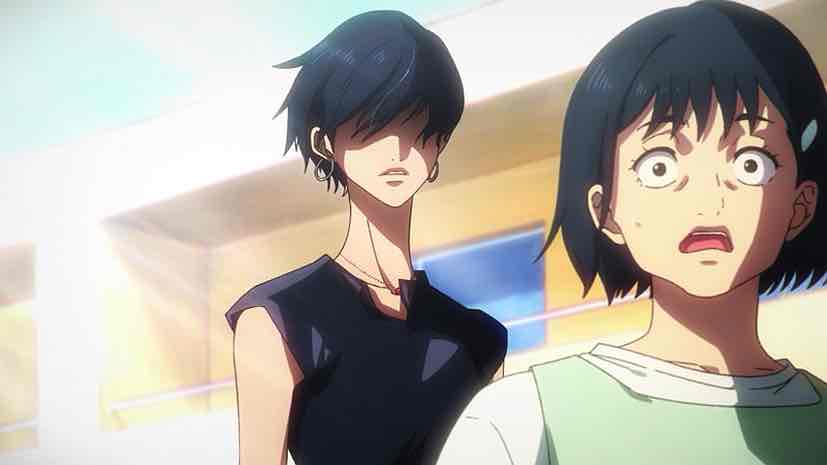 The other straw one might clutch at is that if the Goudai part of the story is largely over, the issues I have with the overall series would be a lot more manageable. I suspect that’s not the case, though, and I’d be starting from the bottom of a pretty deep hole in trying to reconnect with the Luou-Miyako-Chizuru storyline. And I really hate that, because DDD has been such an incredible ride. The anime itself has been a revelation, far more so than I would have expected given the studio and staff. But more than that, it’s been an emotionally powerful and engrossing journey. The degree of authenticity with which this series captures the roller-coaster experience of being 14 years old is pretty astonishing.
The other straw one might clutch at is that if the Goudai part of the story is largely over, the issues I have with the overall series would be a lot more manageable. I suspect that’s not the case, though, and I’d be starting from the bottom of a pretty deep hole in trying to reconnect with the Luou-Miyako-Chizuru storyline. And I really hate that, because DDD has been such an incredible ride. The anime itself has been a revelation, far more so than I would have expected given the studio and staff. But more than that, it’s been an emotionally powerful and engrossing journey. The degree of authenticity with which this series captures the roller-coaster experience of being 14 years old is pretty astonishing.
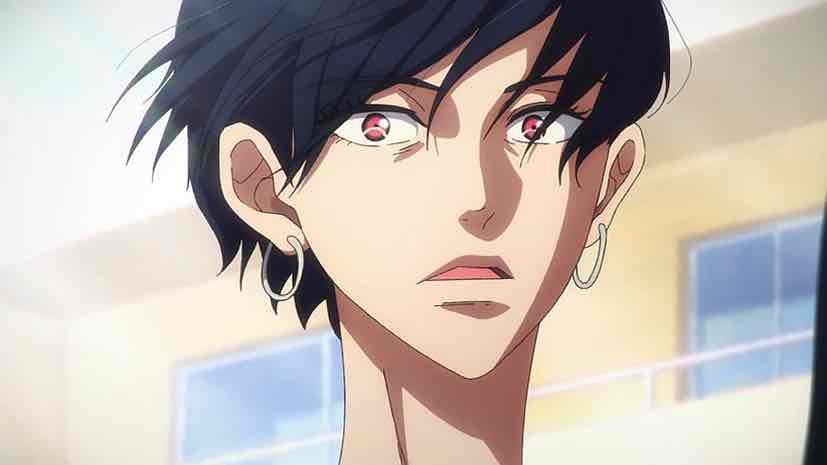 Even if we didn’t have Made in Abyss and a stacked fall season coming up, I’d already be certain that Dance Dance Danseur is going to be an extremely difficult show to assess at the end of the year. Nothing that happened in the final two episodes negates the fact that the first nine were absolutely great – and in many respects those last two were brilliant as well. It’s a certain Top 10 series and would have been in any year I’ve been covering anime (even 2012), and there’s no way I saw that coming. It’s been a spectacular ride, as unexpected as it was riveting. Being conflicted about how it ended isn’t what I would have wanted, but even that’s a reflection of just how deeply caught up in the experience I’ve been.
Even if we didn’t have Made in Abyss and a stacked fall season coming up, I’d already be certain that Dance Dance Danseur is going to be an extremely difficult show to assess at the end of the year. Nothing that happened in the final two episodes negates the fact that the first nine were absolutely great – and in many respects those last two were brilliant as well. It’s a certain Top 10 series and would have been in any year I’ve been covering anime (even 2012), and there’s no way I saw that coming. It’s been a spectacular ride, as unexpected as it was riveting. Being conflicted about how it ended isn’t what I would have wanted, but even that’s a reflection of just how deeply caught up in the experience I’ve been.


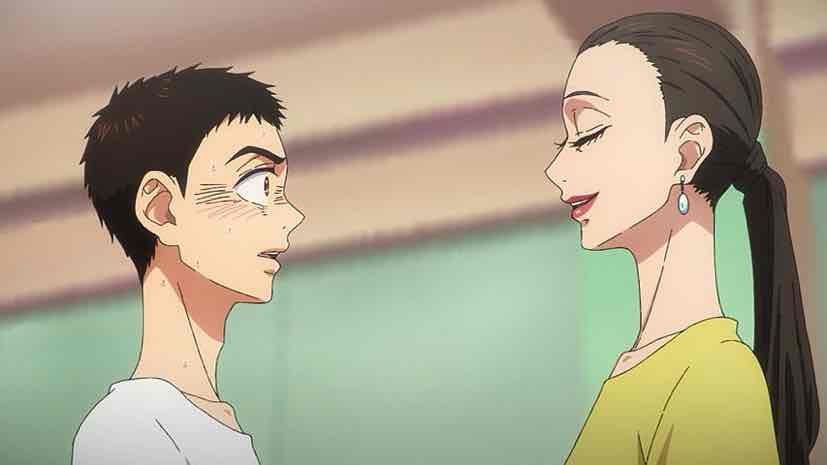
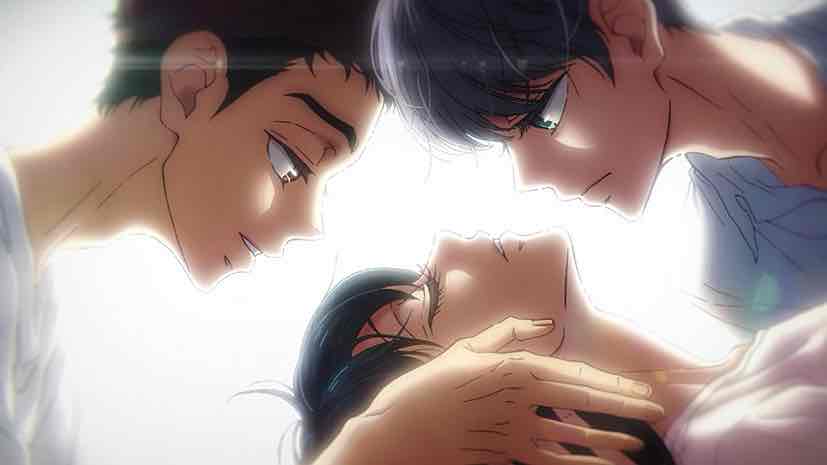
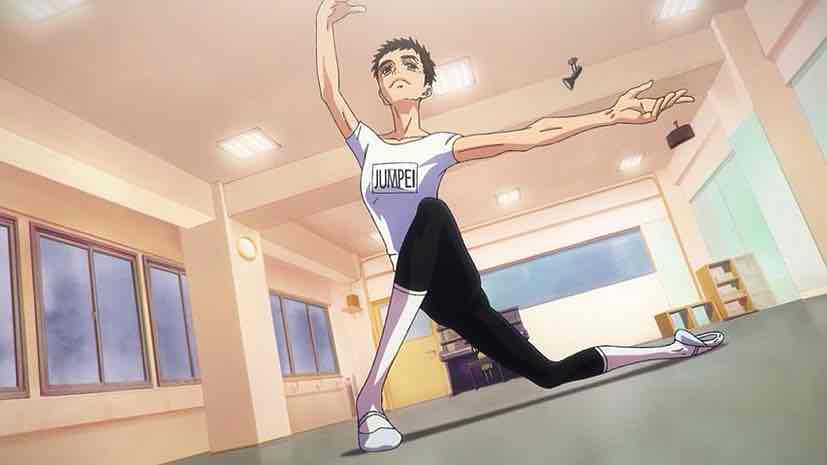
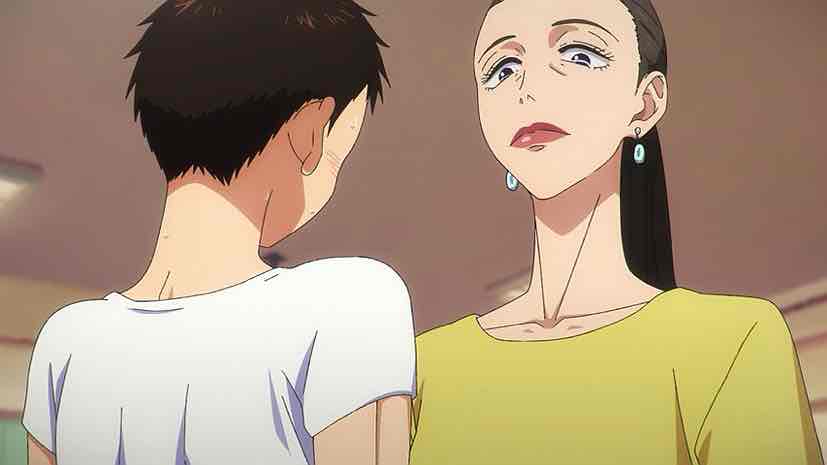

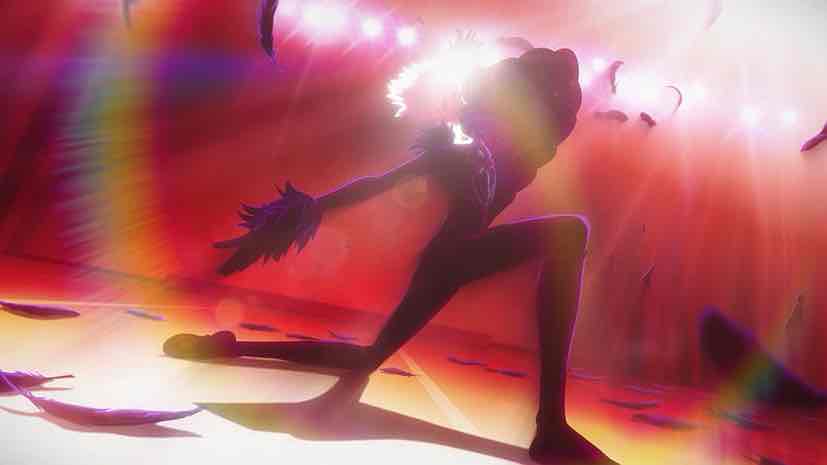
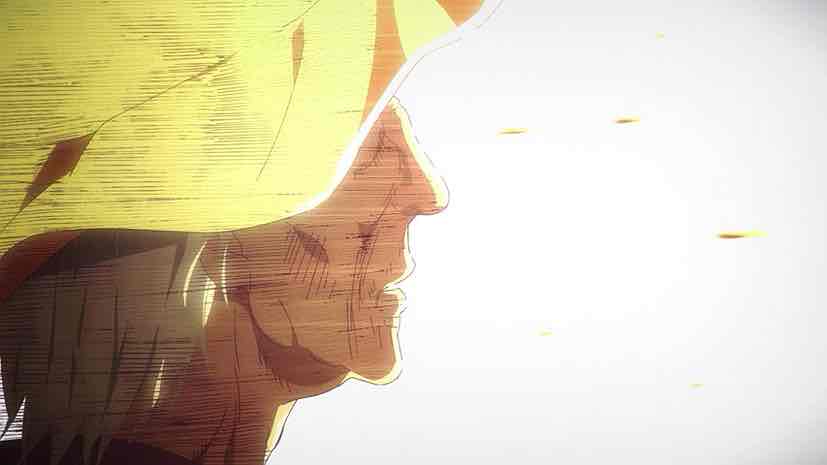
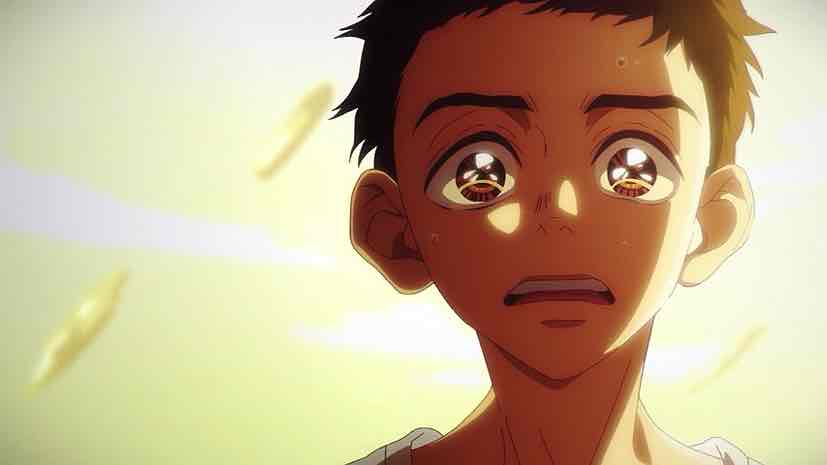
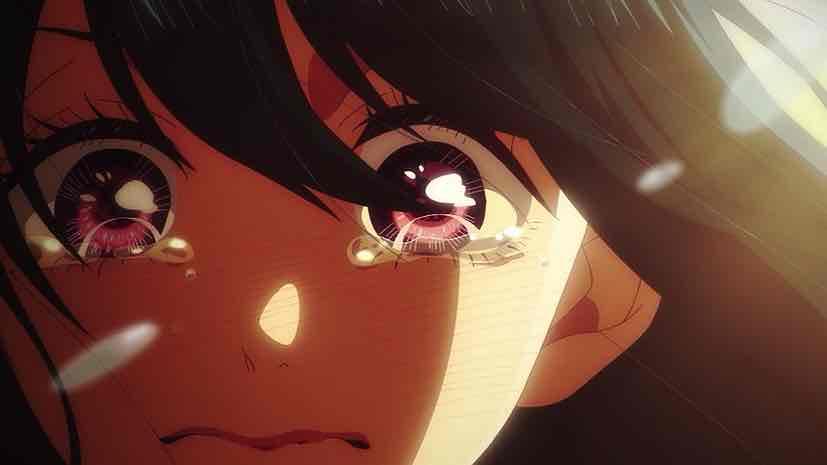
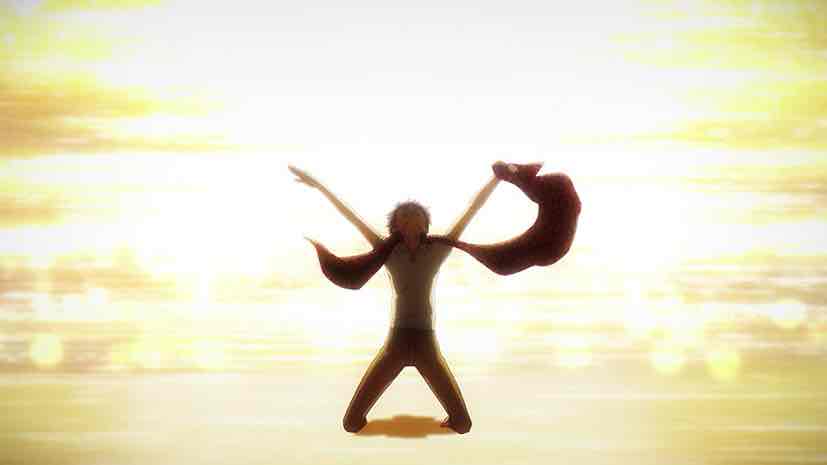
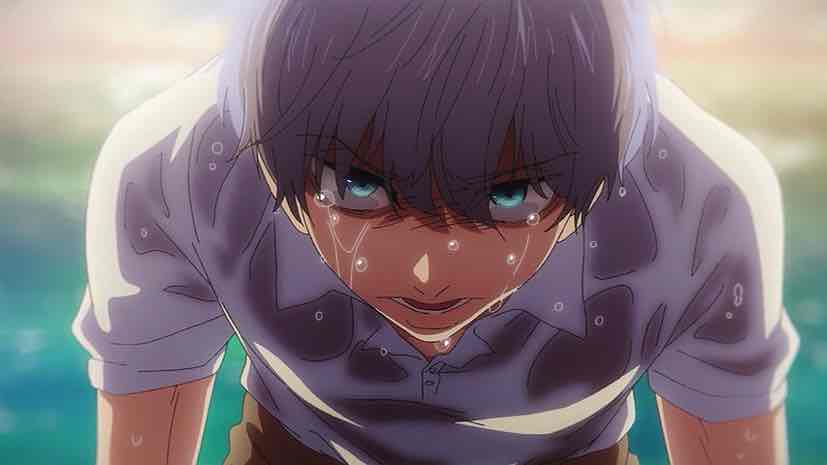
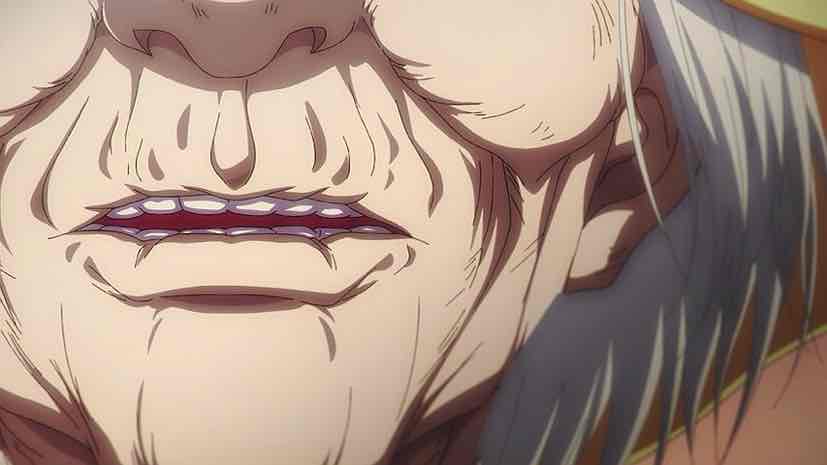
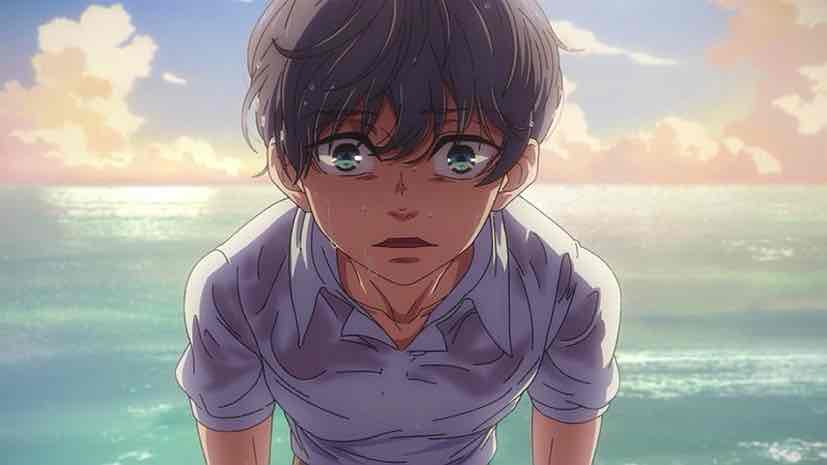
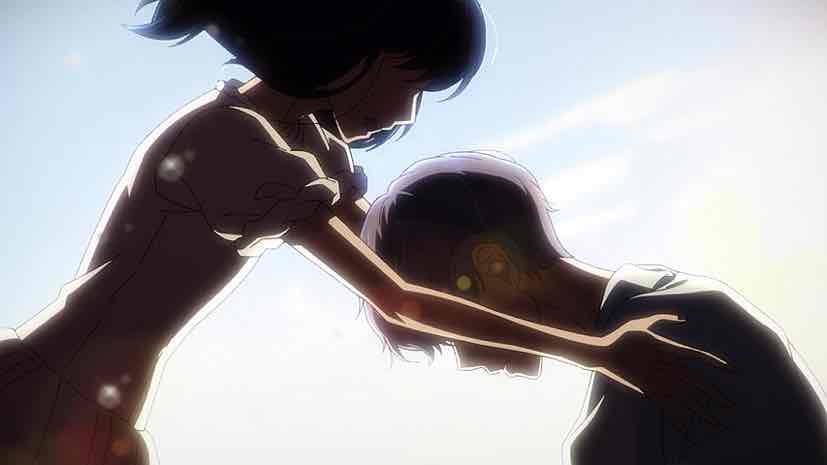
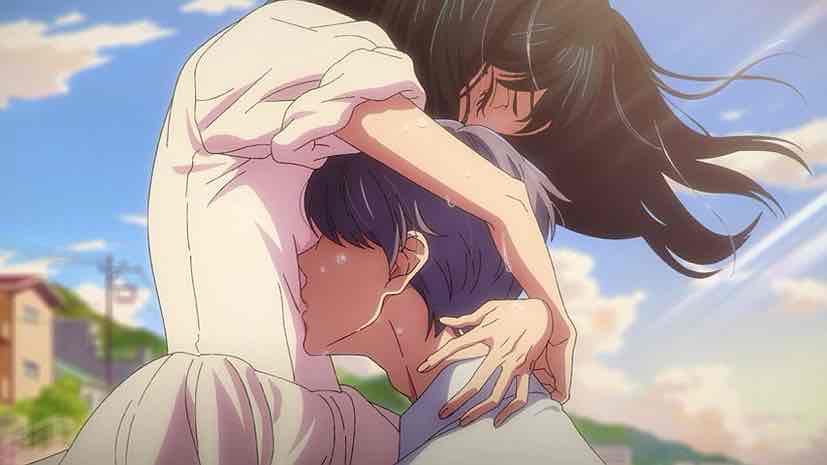
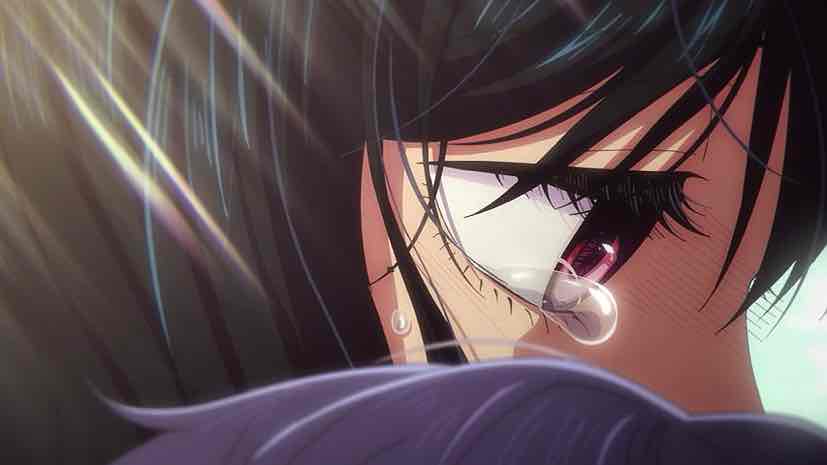
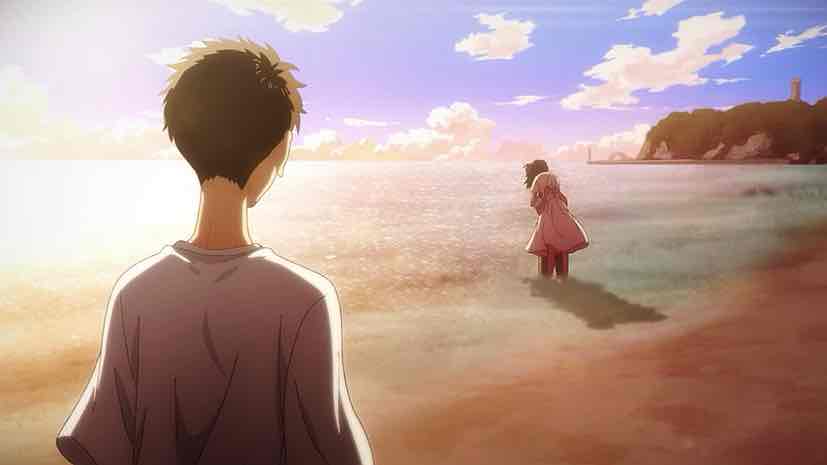
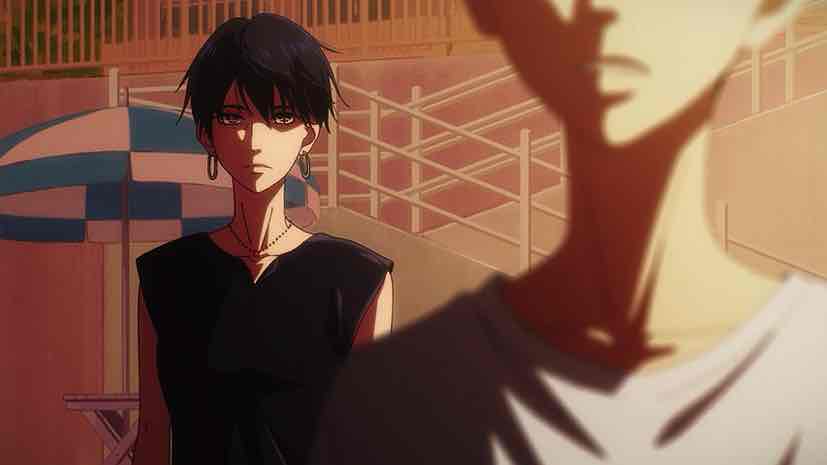
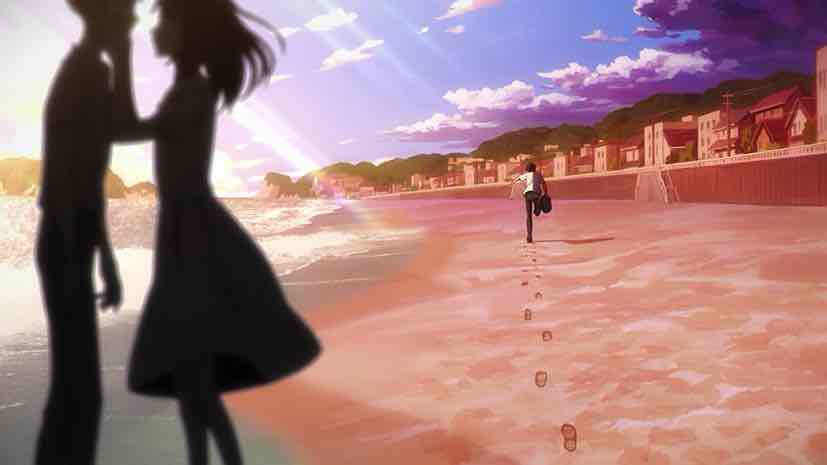

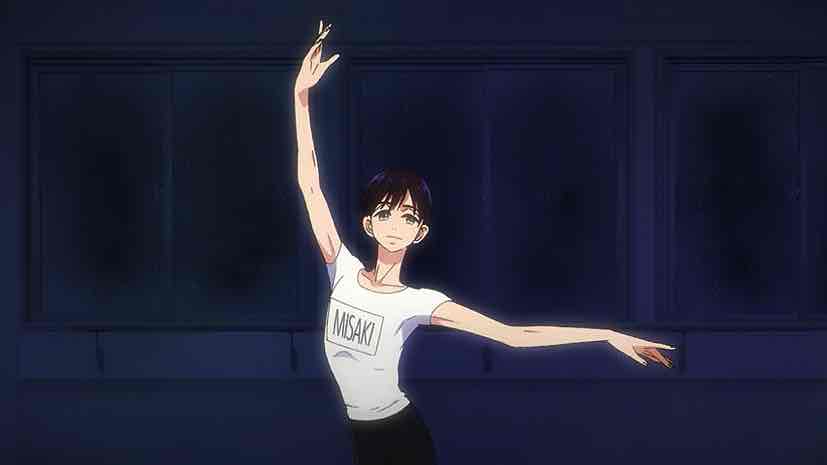
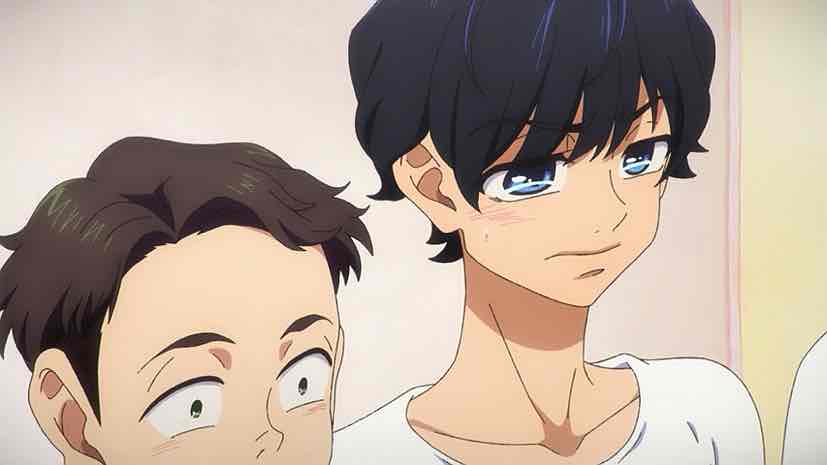
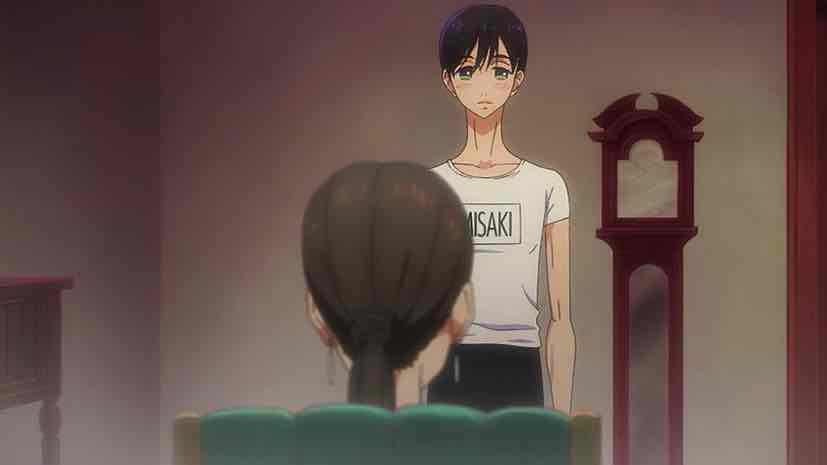
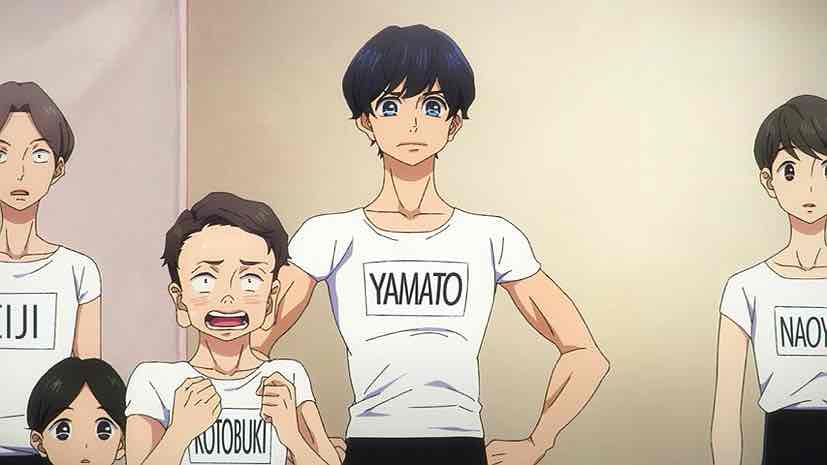
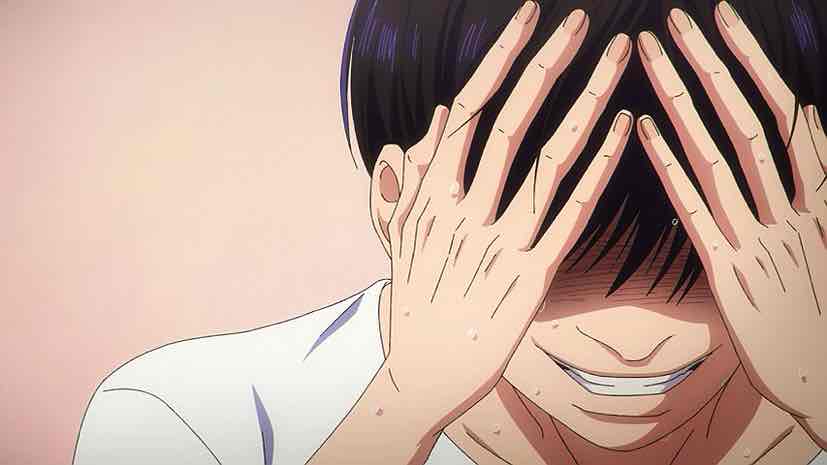
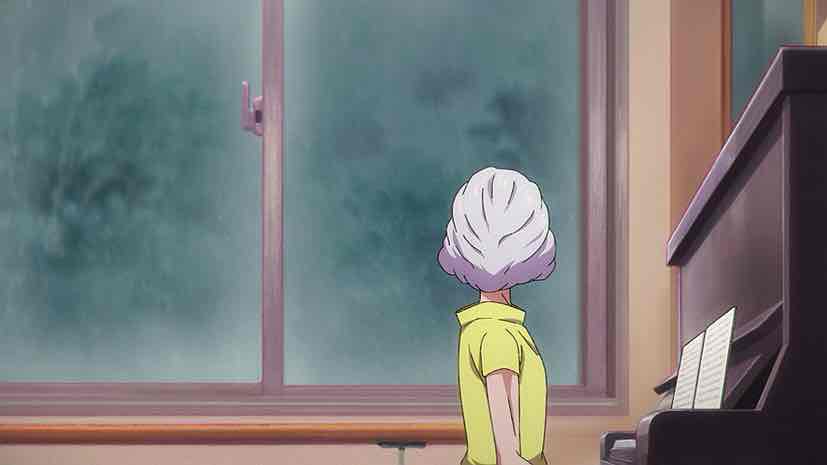
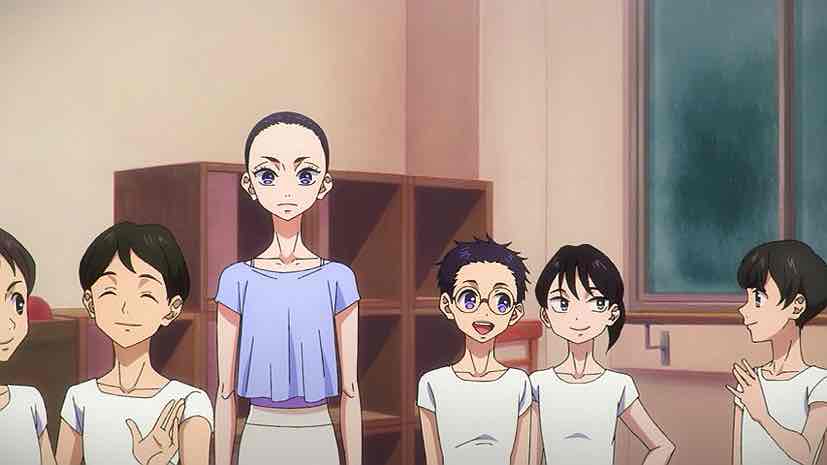
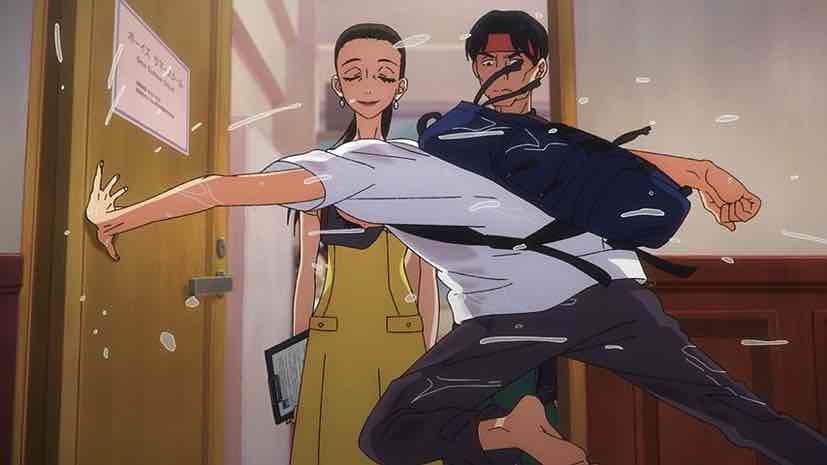
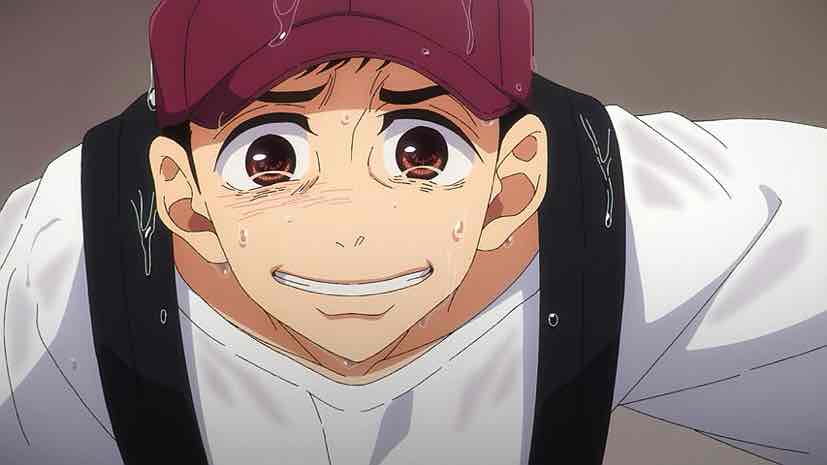
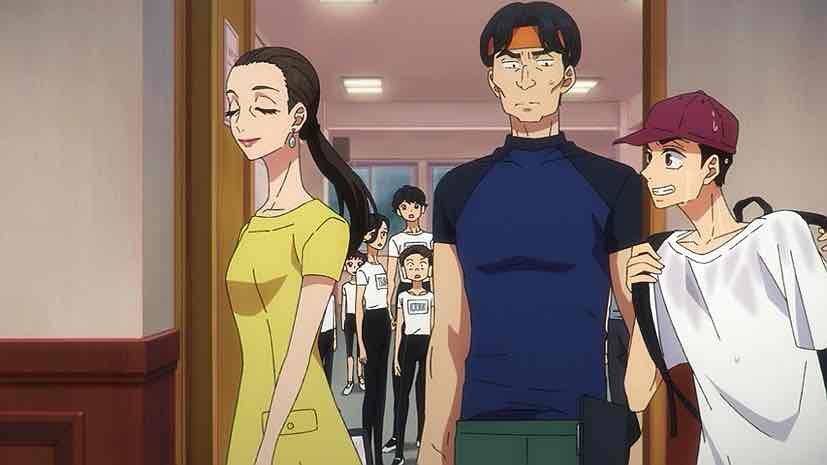
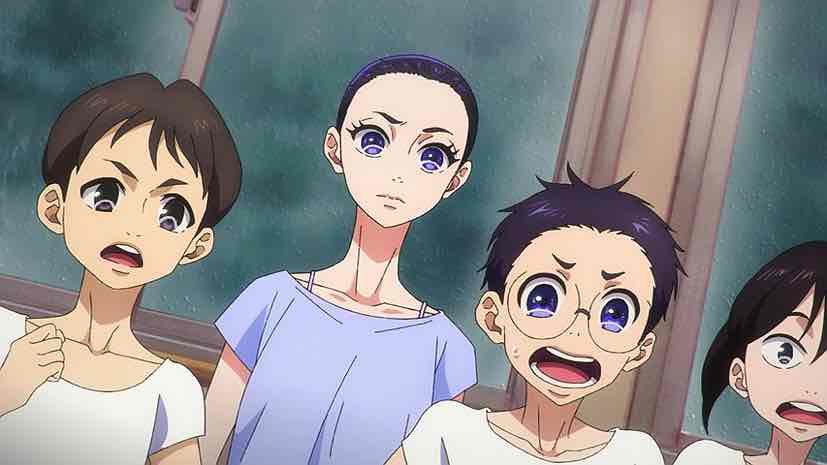
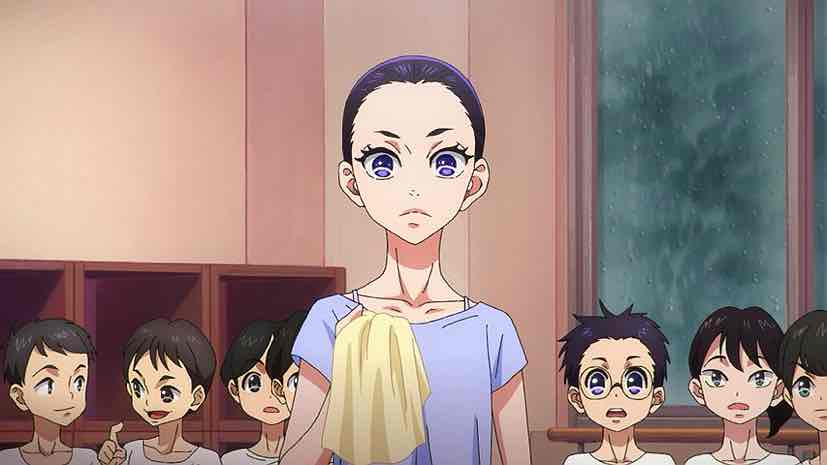
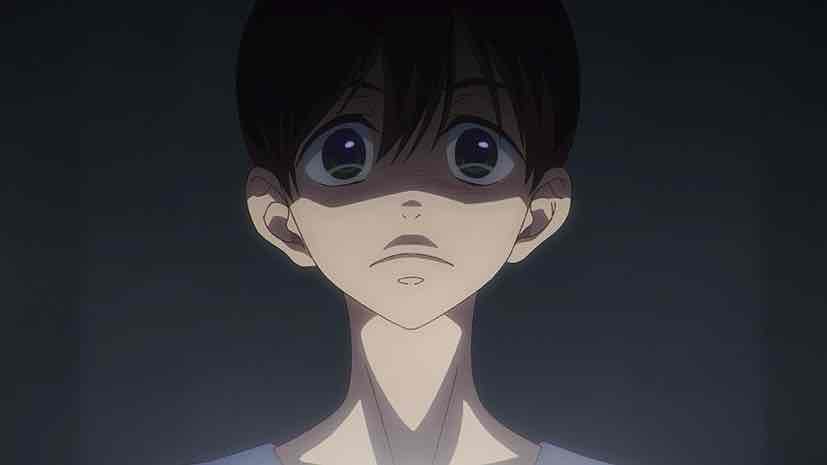
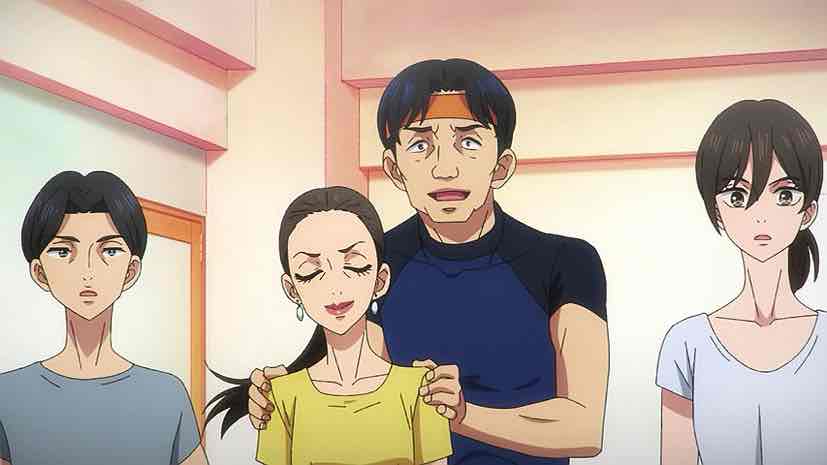
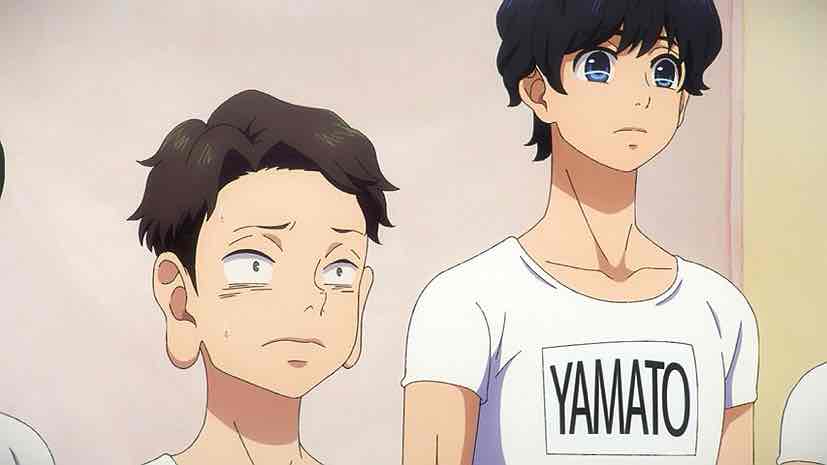
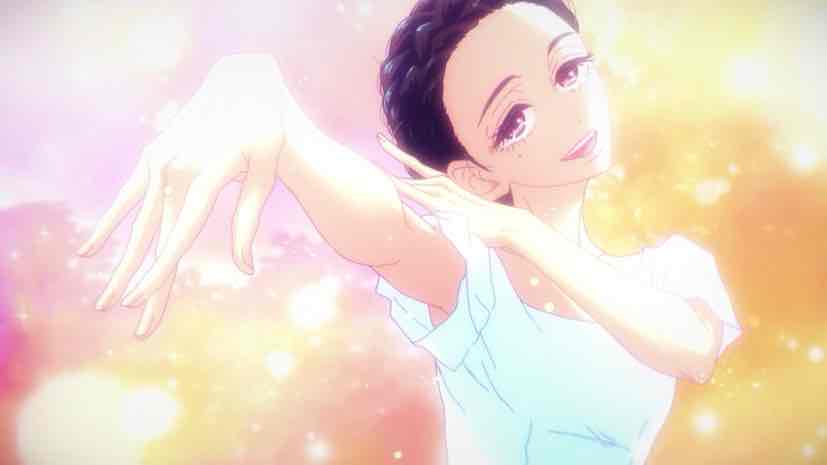
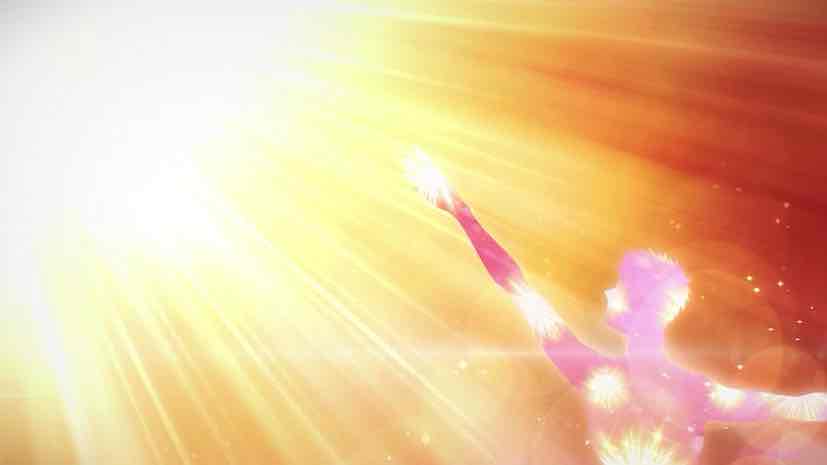
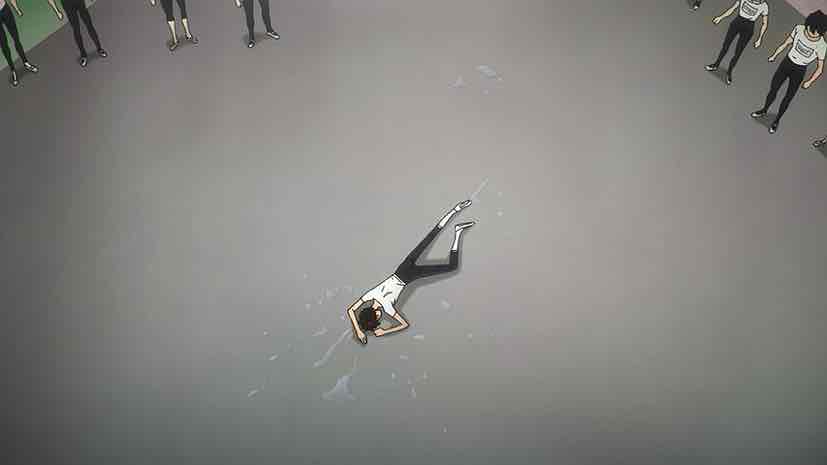
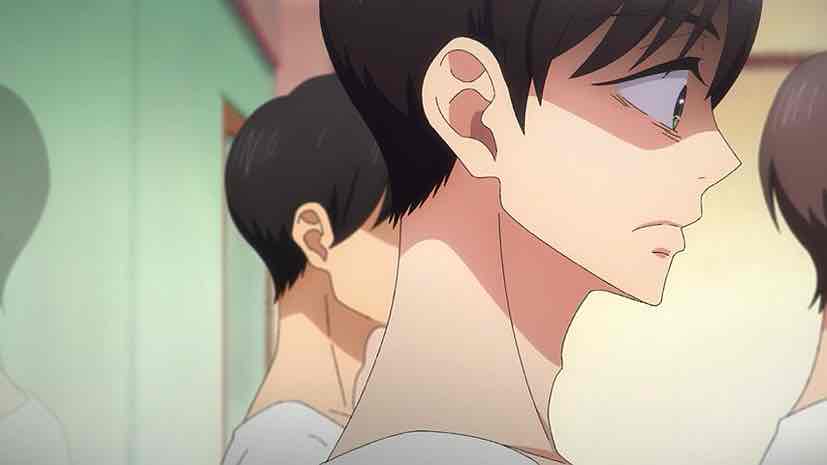

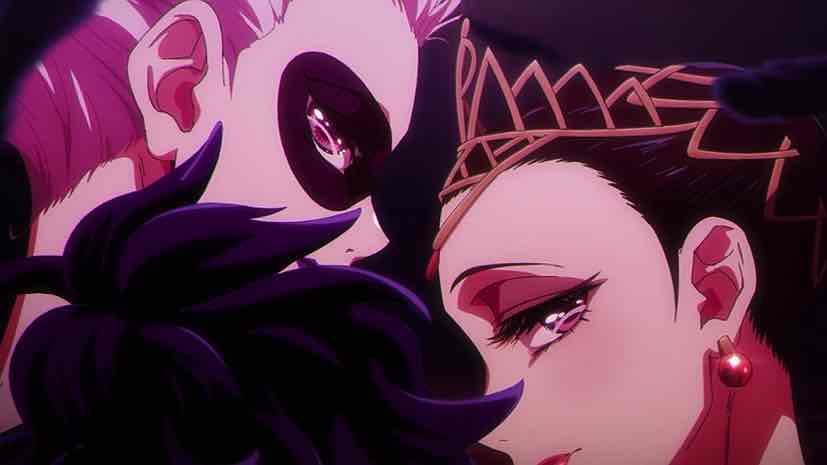
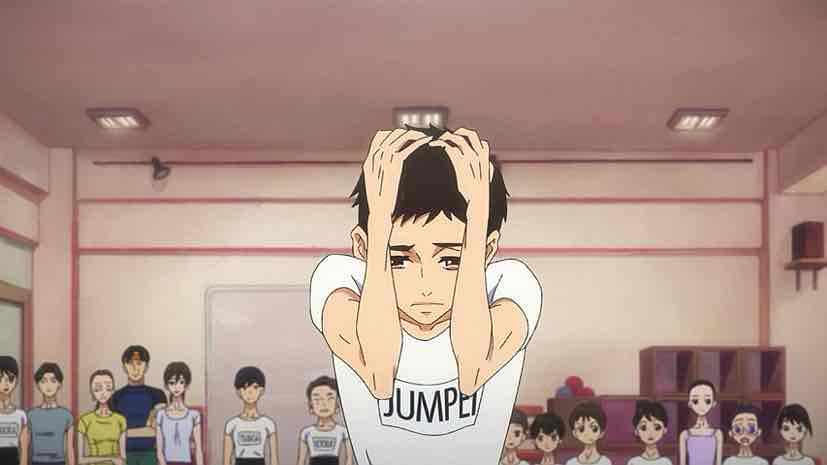
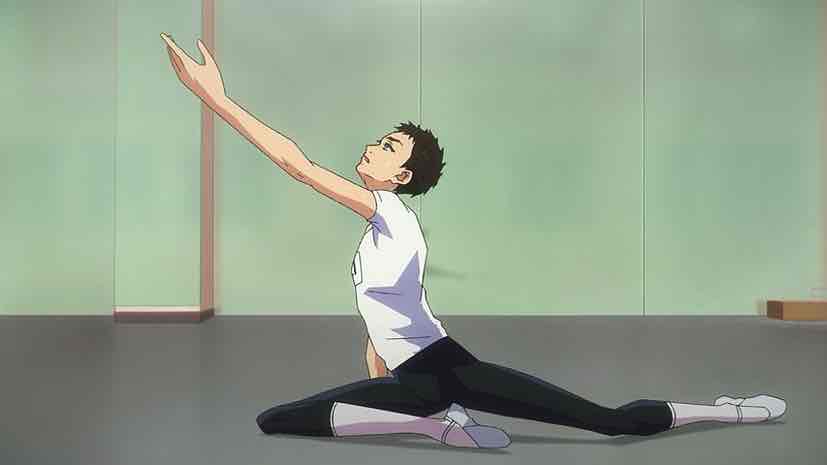
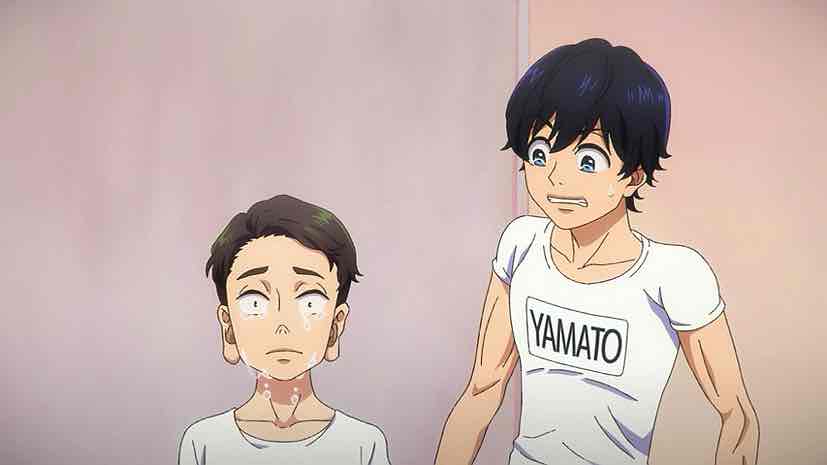
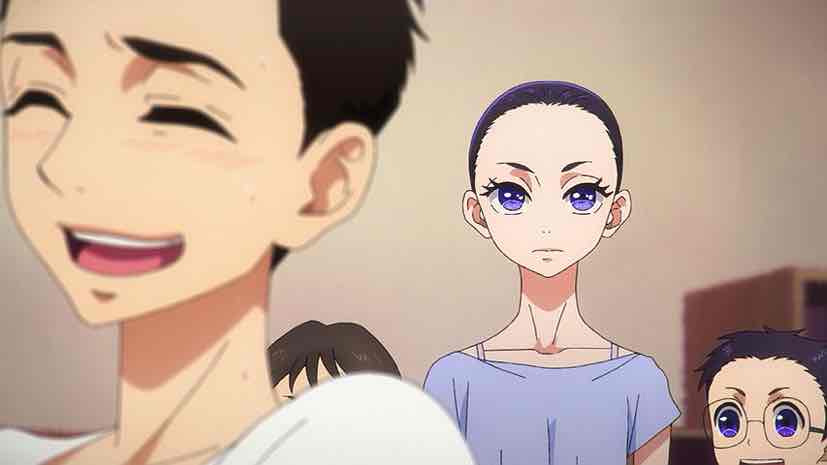
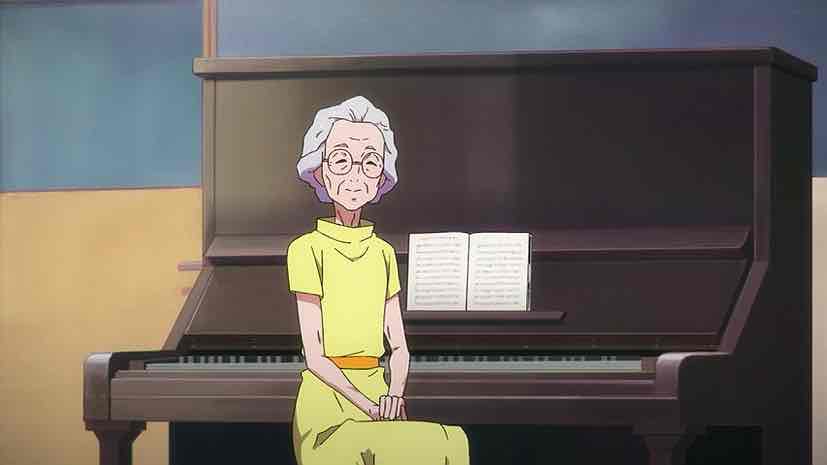
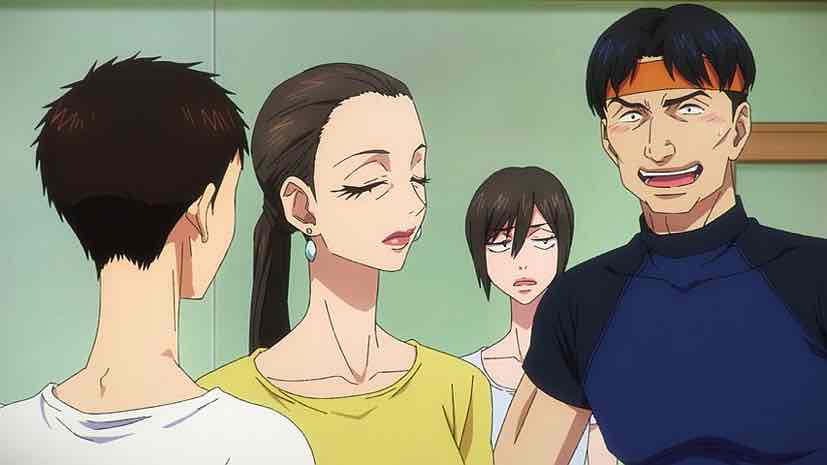
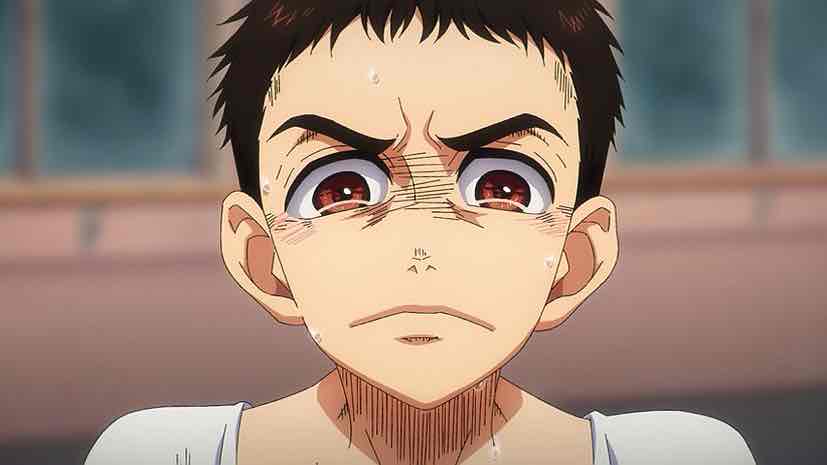
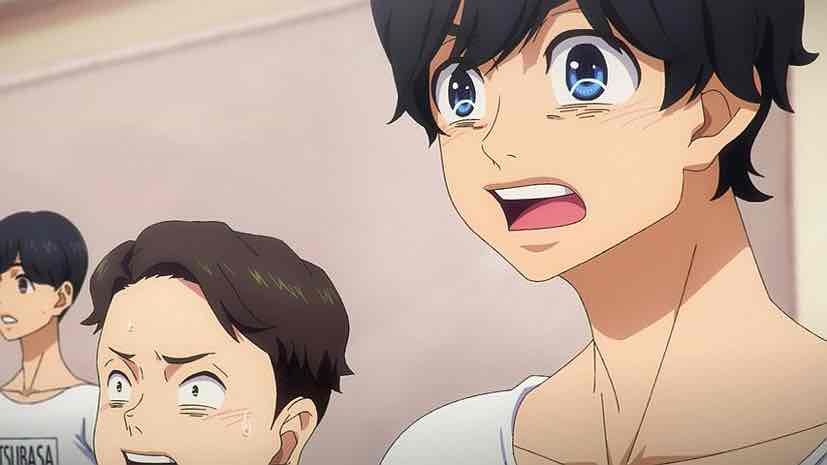
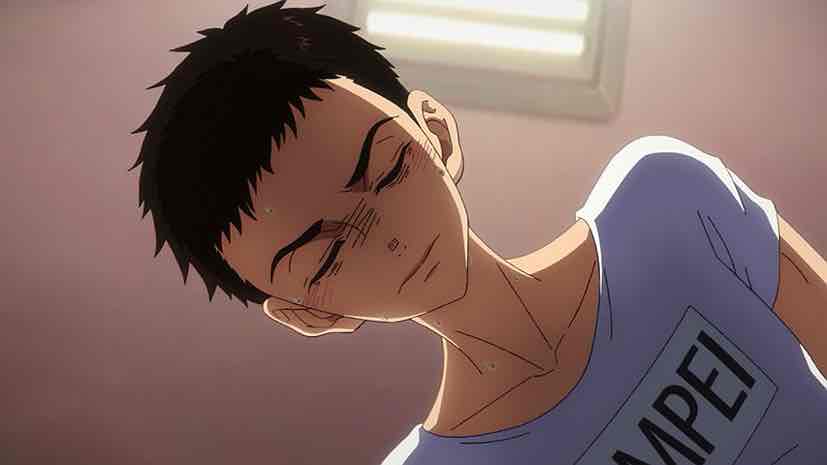
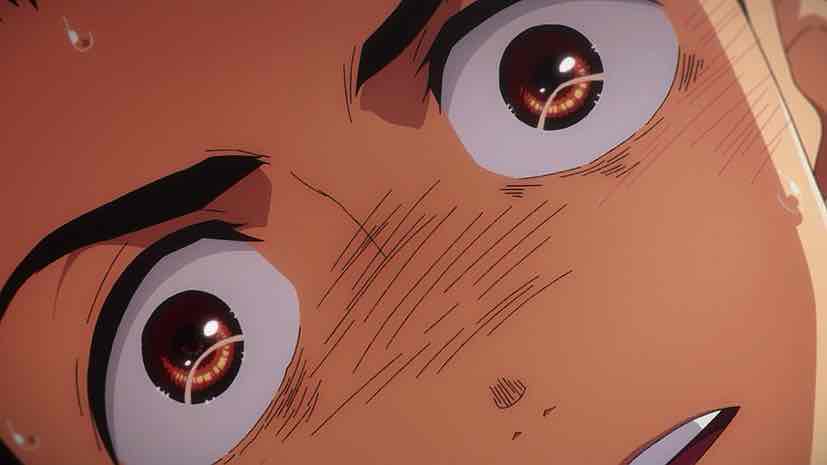
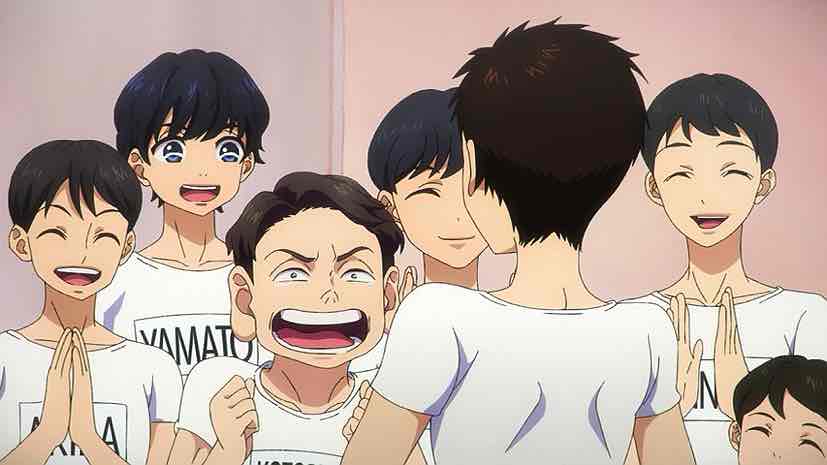
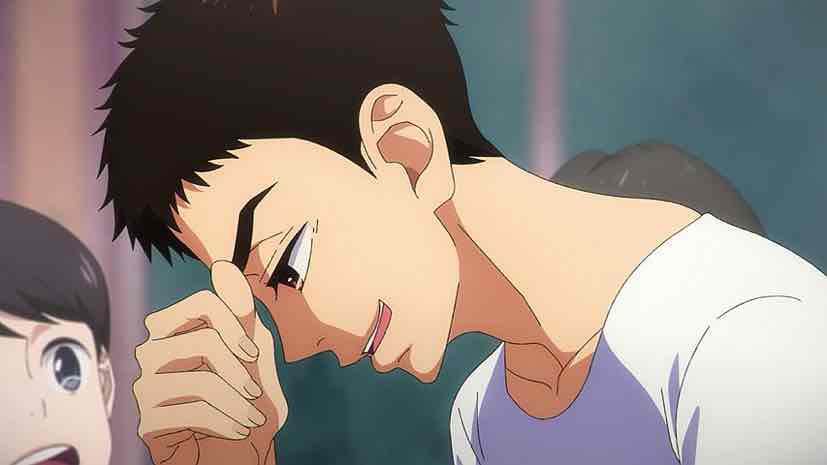
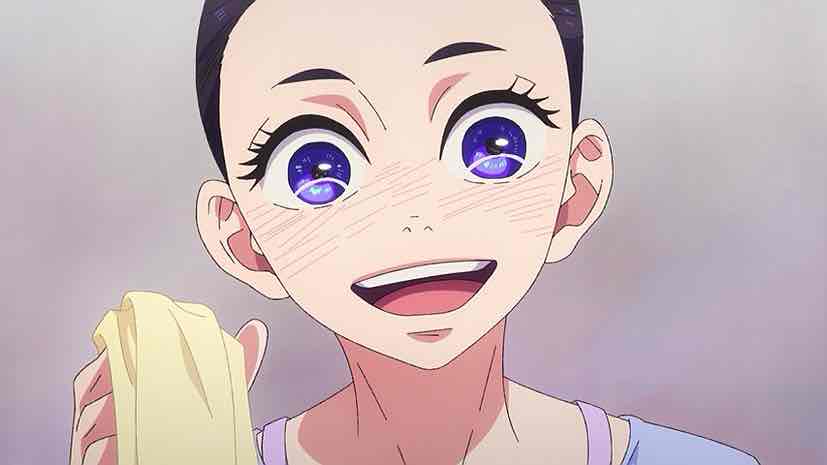
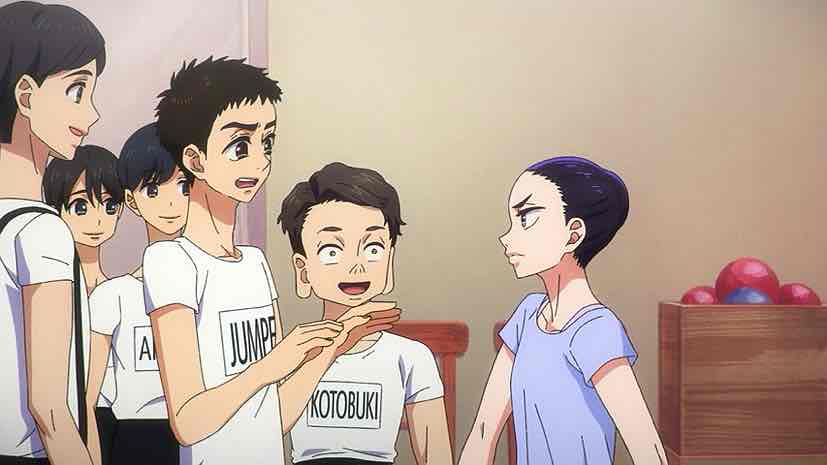
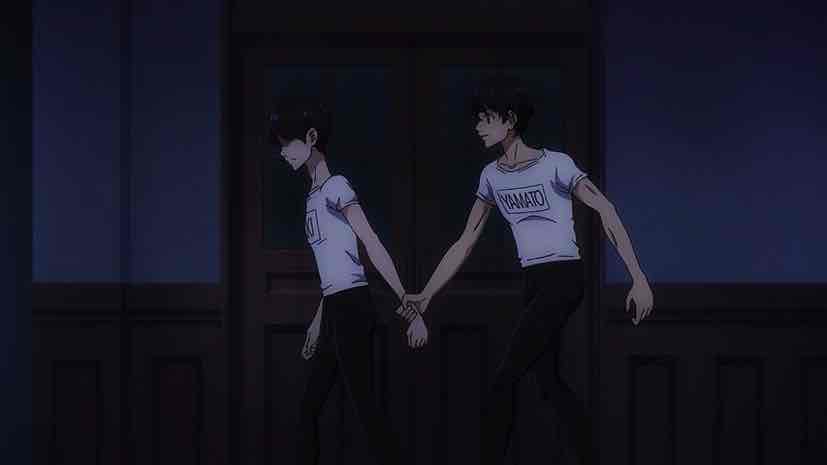
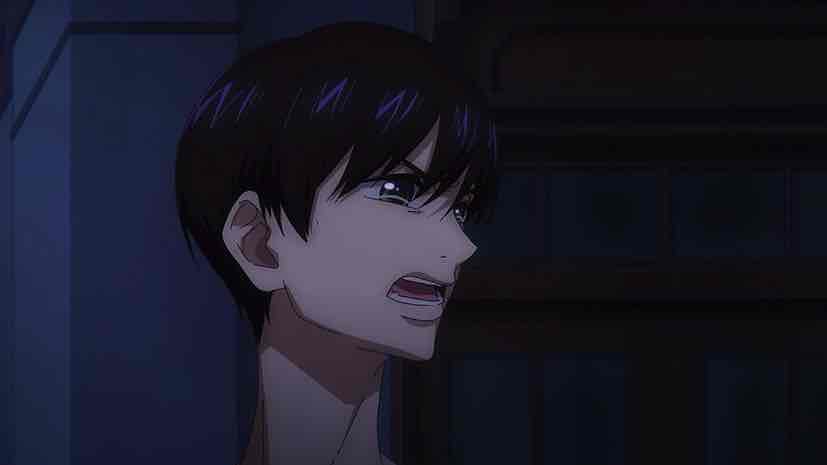
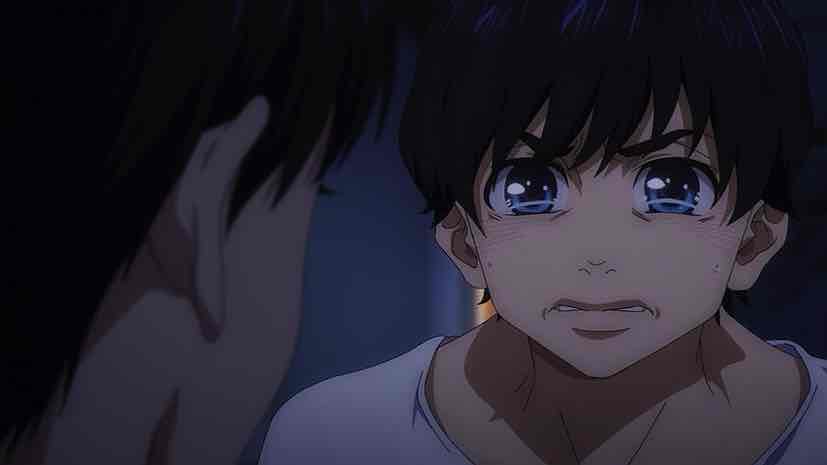
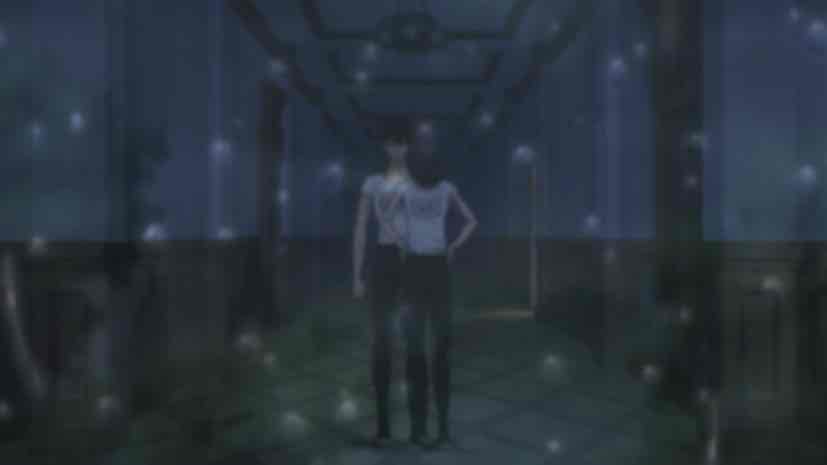
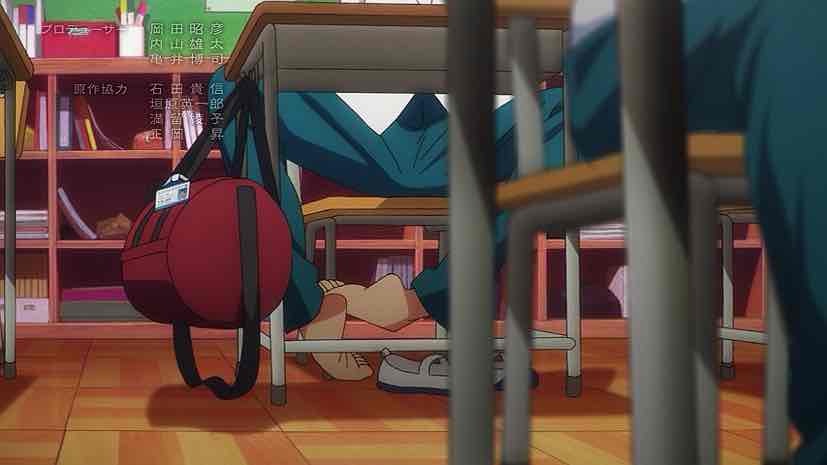
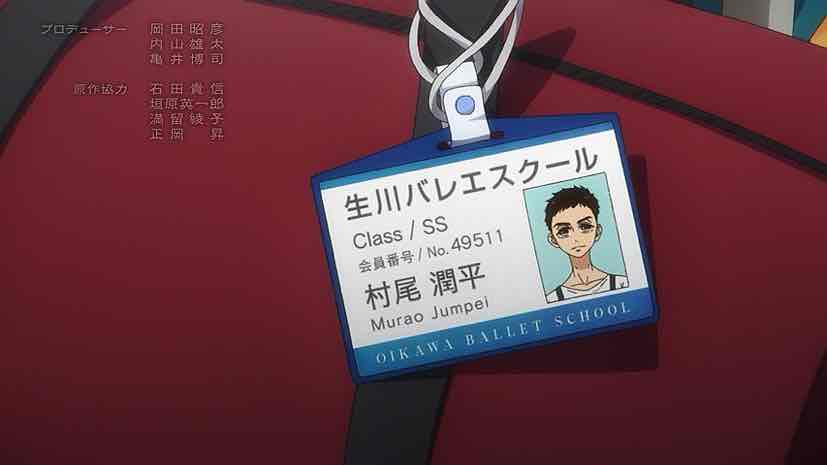
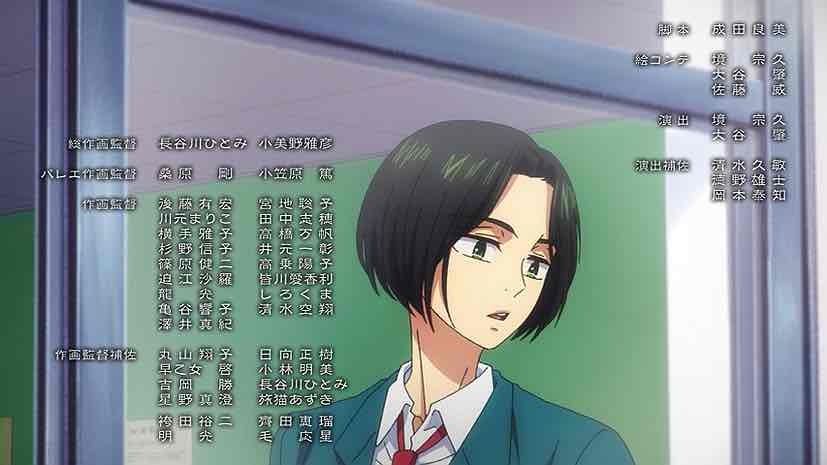
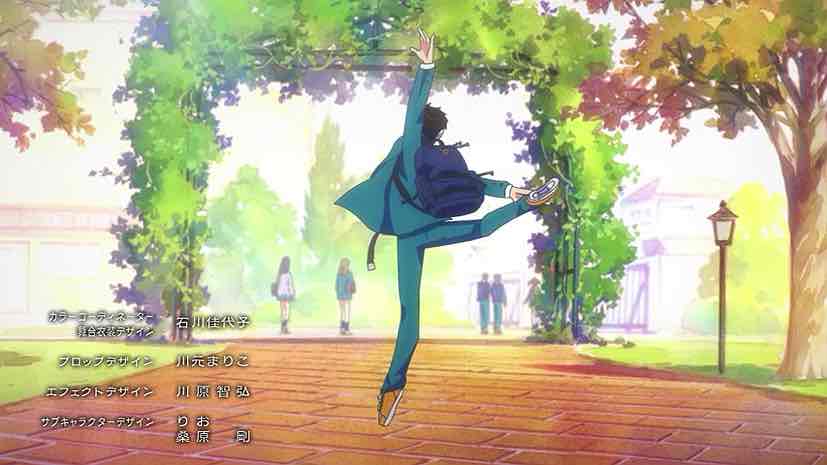
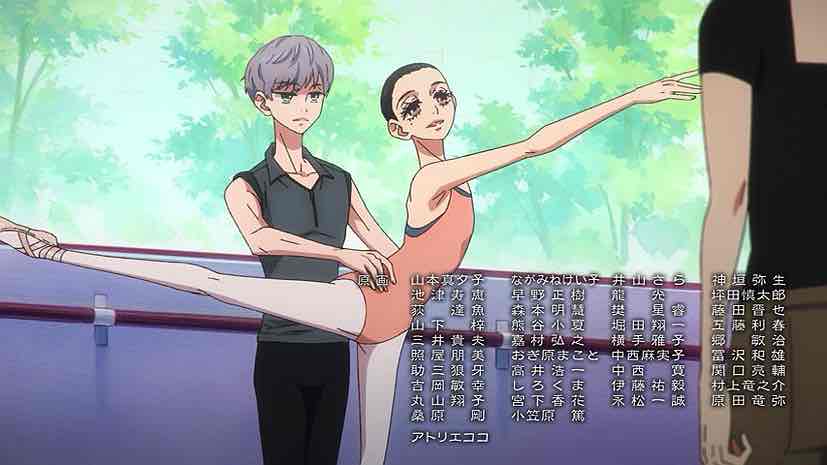
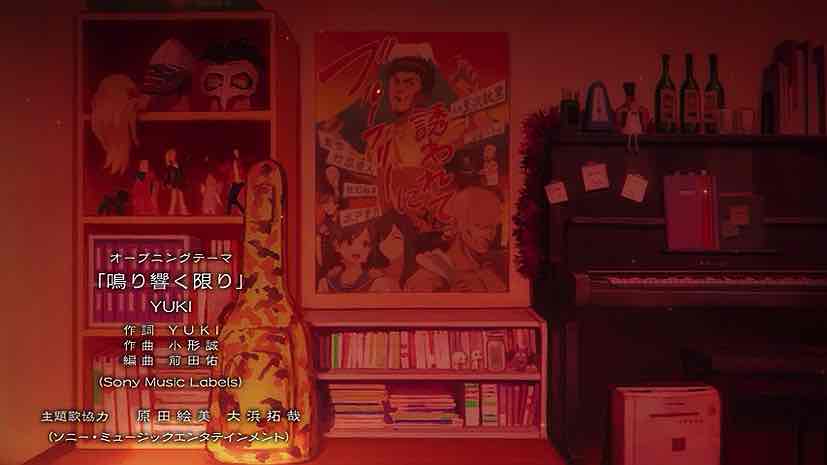
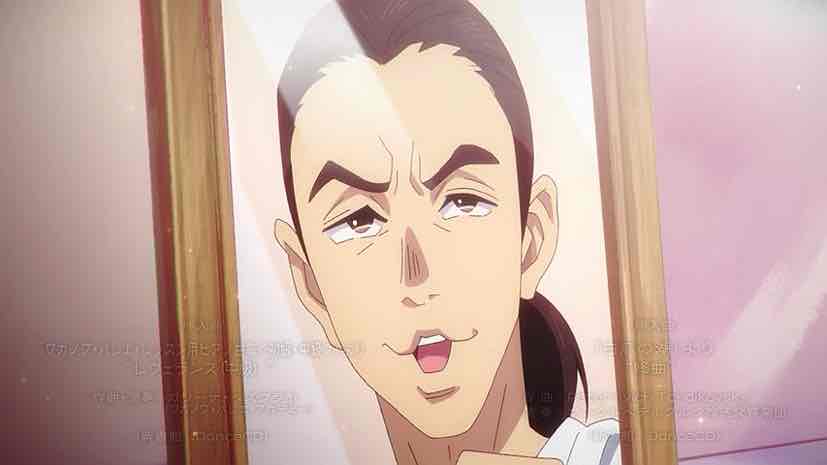
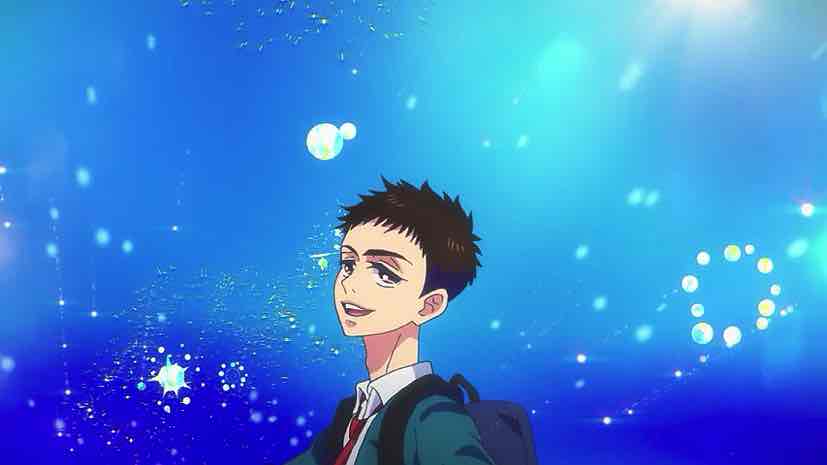
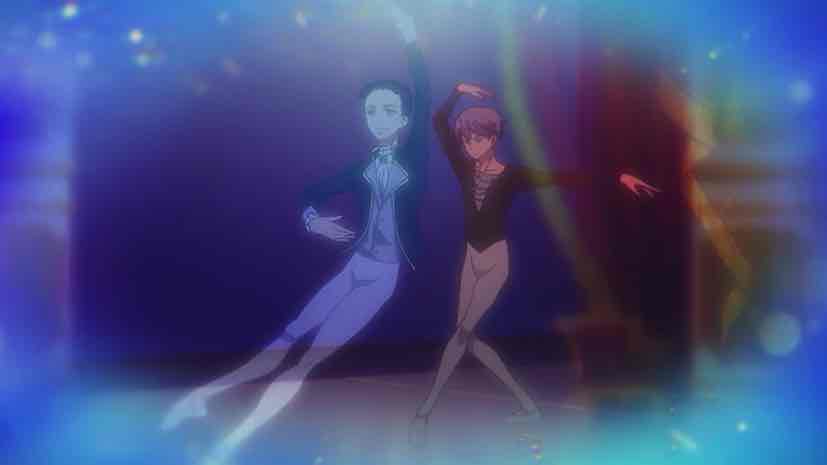

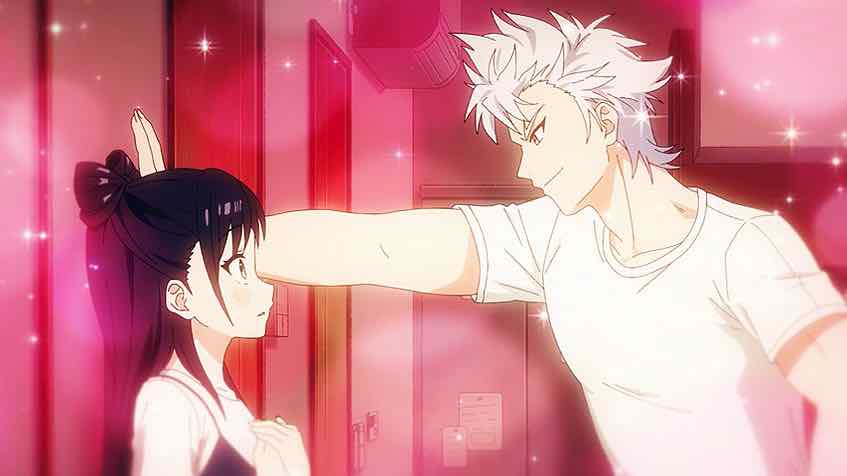
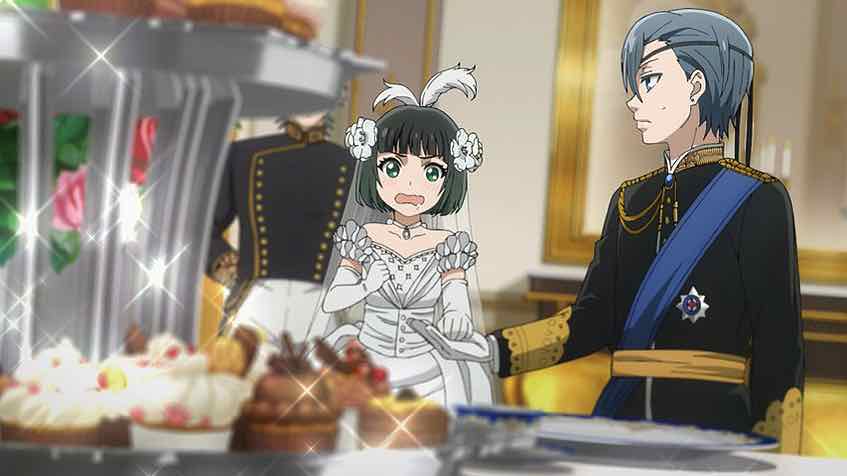
Tras
June 18, 2022 at 11:09 pmI think the ending makes a little more sense if you consider it part of the swan lake allegory that’s been set up throughout the series. Siegfried (Junpei) and Odette (Miyako) meet and fall in love. But when the trial of their love comes with the arrival of Rothbart (Luou), Siegfried messes up (tells Miyako to stay with Luou) and Odette is left trapped within Siegfried’s curse (their family drama).
It’s not perfect from a storytelling perspective of course, but I do think it was in some way intended to play out as a tragedy like swan lake is, though perhaps it didn’t come off as that. Either way, I really enjoyed this series and I’m definitely going to try and follow the manga as well.
Guardian Enzo
June 18, 2022 at 11:34 pmI agree, that was what they were going for, but unfortunately I don’t think it comes off that way. Why? Because it forces Junpei especially out of character, and that robs it of any authenticity.
Color2413
June 21, 2022 at 2:09 amYou beat me to it. The A-part is a tragedy, where Miyako gets further ensnared in a toxic relationship because she feels that she is standing between Luou and his demons, and that without her, he might not survive. Of course this is utterly unfair to her. But I don’t think that this implies that George Asakura approves of her choice (any more than Shakespeare approved of Hamlet’s or Lear’s choices), just that fairy-tail endings are seldom the way things turn out in real life, and Swan Lake itself has a tragic ending. The tears in the eyes of the beach dancers are not tears of joy.
And yes, I found the visuals and animation of the A-part breathtaking.
Joshua
June 18, 2022 at 11:20 pmA manga reader I talked with can indeed confirm that yes, what comes after this is even better than what got adapted here. Any lingering questions and concerns one might have (especially with how this season was resolved) are thankfully answered and addressed. It honestly makes me hopeful for a season 2 if it gets announced because I’m sure whatever issues people would have with this series will be put to rest with the material that would get adapted. Can guarantee that.
Always thought that Munehisa Sakai had immense promise as a director. That despite having to direct the wildly schizophrenic idol series Zombieland Saga and its sequel, that there were individual moments in there that showed that if he could take that talent into something that wasn’t well, ZLS, then he could have a really good series on his hands. Can’t say the same thing about ZLS’s writer though given the disappointments he’s written outside of that.
Guardian Enzo
June 18, 2022 at 11:36 pmI admit I gave up on ZLS though yes, it was more the writing than anything. As for as Munehisa being capable of something like this I must confess I was totally caught off-guard, but that’s possibly down to not having closely observed a lot of his earlier work.
Riv
June 19, 2022 at 2:09 amI, too, didn’t care much for these last two episodes. But I certainly enjoyed the preceding ones a lot.
I was out of town for the past few weeks, and in catching up on the shows I’m following this season, my order was Ao Ashi, DDD, and then Spy x Family. Ao Ashi was certainly my favorite, no question. I would have put DDD above Spy x Family, except for not enjoying those last two eps of DDD whereas Spy x Family is growing on me.
Guardian Enzo
June 19, 2022 at 8:12 amI agree with much of that, though I’d add Aharen and Kingdom into that mix. Of these three I’d go DDD-AA-SxF, even with the uneven final two episodes.
Cloudedmind
June 20, 2022 at 5:04 amYes, this! All of this.
Last episode when Miyako got upset with Junpei when he suggested that it might be better if she go be with Luou, I’d hoped that maybe this was a sign that she’d break the mold, and not become as you so nicely put it a captive of Luou. I thought perhaps she’d eventually point out that she can still be there for Luou while also being with Junpei. But, no what we got was a beautiful disaster.
I’m also hoping that George Asakura doesn’t actually think this development is normal. As someone who writes occasionally I understand that not every development in a story is something the author endorses as right or correct. It could potentially be a lead up to something else different later. But, that can be a hard thing to gauge until it happens. I can potentially see why a writer would go this route considering we’re dealing with kids here.
As someone who was once 14 I sure as hell didn’t always make great decisions, in fact I probably made more poor decisions then good ones. So, to an extent I can see how a bunch of 14 year old’s going through puberty with hormones and trauma mixed in could come to the conclusion they did. With that said you’d expect the only adult in the situation to be the voice of reason or at least more reasonable. Instead, what we get is Chizuru doubling down and as you said “The cherry on top here was Chizuru basically telling Junpei “Thank you for everything, now fuck off”. “This is a family matter””. Like what the actual f*** Chizuru!
That little conversation she had with Junpei made me wonder if she’s just been using him this whole time. And that’s not even the right question to ask, because to an extent, of course she’s been using him. From the very beginning she used him to try and coax Luou out f his room. But, there’s a big difference between using someone in a way that will be beneficial to all involved including said person, and using them just for your personal gain and then discarding them. This feels like Chizuru might have just been doing the later. Perhaps the apple didn’t fall that far from the tree.
To sum up the events of part A, “A boy throws a beautiful tantrum and gets what he wants. It was gorgeous, and I hate it.”
*sighs* I’m also still deciding if I’ll repick up the manga or not.
Guardian Enzo
June 20, 2022 at 6:40 amThat’s the overriding sentiment for sure. It was beautiful and I hate it.
Abs
June 20, 2022 at 7:51 amAgain am going to have to slightly disagree with you, again on the moral perspective. It may seem like a crazy decision to a lot of people that Miyako chose to sacrifice her own desires for Lou but to say she will look back at with unmitigated regret is a big assumption. Don’t parents but their children ahead of their own desires everyday? Honestly I don’t know what the right answer is – I think each individual has to make that decision based on their own moral compass and the context they find themselves in.
Having said that, I would not have gotten into this show if it wasn’t for this blog. Thanks again for your excellent blogging and hoping a second season of this show goes ahead and you blog it.
Guardian Enzo
June 20, 2022 at 10:45 amThanks for that. I certainly would if it happened, but I don’t see much chance of that personally. Would be nice to be wrong.
I mean, first of all…. Miyako isn’t Luou’s parent. Second of all, they’re first cousins and the idea of them being a couple would be suspect even if that were the only reason. I also categorically reject the idea that Miyako has to throw away her own desires in order to support Luou. She can be her own person (with her own romantic interests) and still effectively be a sister to him. But that’s not what’s happening here.
I sort of feel like the first 9 episodes were basically obsoleted by the last two, and for me, that’s a problem. That line by Chizuru was the salt in the wound for me. “This is a family matter” my ass.
landofthekwt
June 20, 2022 at 12:16 pmYou are aware that 1st cousins can marry in Japan.
Guardian Enzo
June 20, 2022 at 1:05 pmThey can marry in most places. That doesn’t mean it’s a good idea.
Abs
June 20, 2022 at 2:16 pmThanks for the considered response Enzo, your opinion is always well thought out. I still disagree with your take partly because of my own experiences and culture. Relationships that are considered taboo to western culture are not something I am unfamiliar with and whilst I find those relationships a bit icky myself, some of them are the strongest I’ve seen.
I’ve seen many people sacrifice their own desires for those they love and I would not dare say any of them have regretted their decision, but only they can ever know. My thoughts are probably compounded by my birth country being colonised and am currently living in a colonised country and am particularly sensitive about forcing ideals on to others as it has the implication of looking at others as primitive or even in some cases savages.
Let me make clear I do not think that’s what you are doing but just providing the context of my thought process shaped by my culture and experiences.
Yann
June 23, 2022 at 1:03 amI’m wondering why you seem to think it’s so clear the mangaka is OK with what happens in the last two episodes… I might have missed some clues, but if I didn’t read your blog, I would have assumed the story was 100% commenting on how messed all of it was. That’s the vibe I got the whole time. Wishful thinking on my part maybe…
Guardian Enzo
June 23, 2022 at 8:19 amIf nothing else that indicates she left it open to interpretation. Which is fine, her choice, and I interpreted.